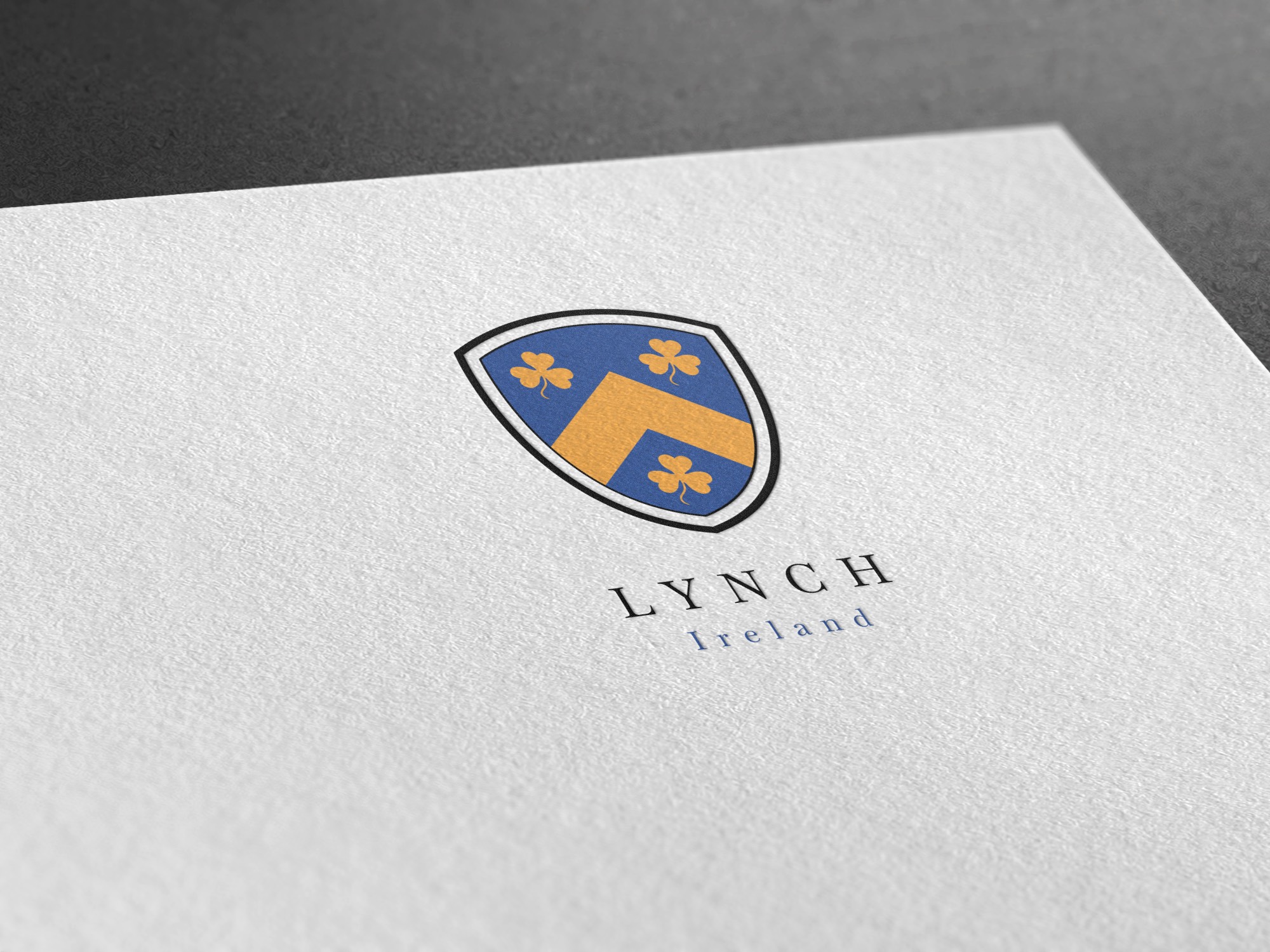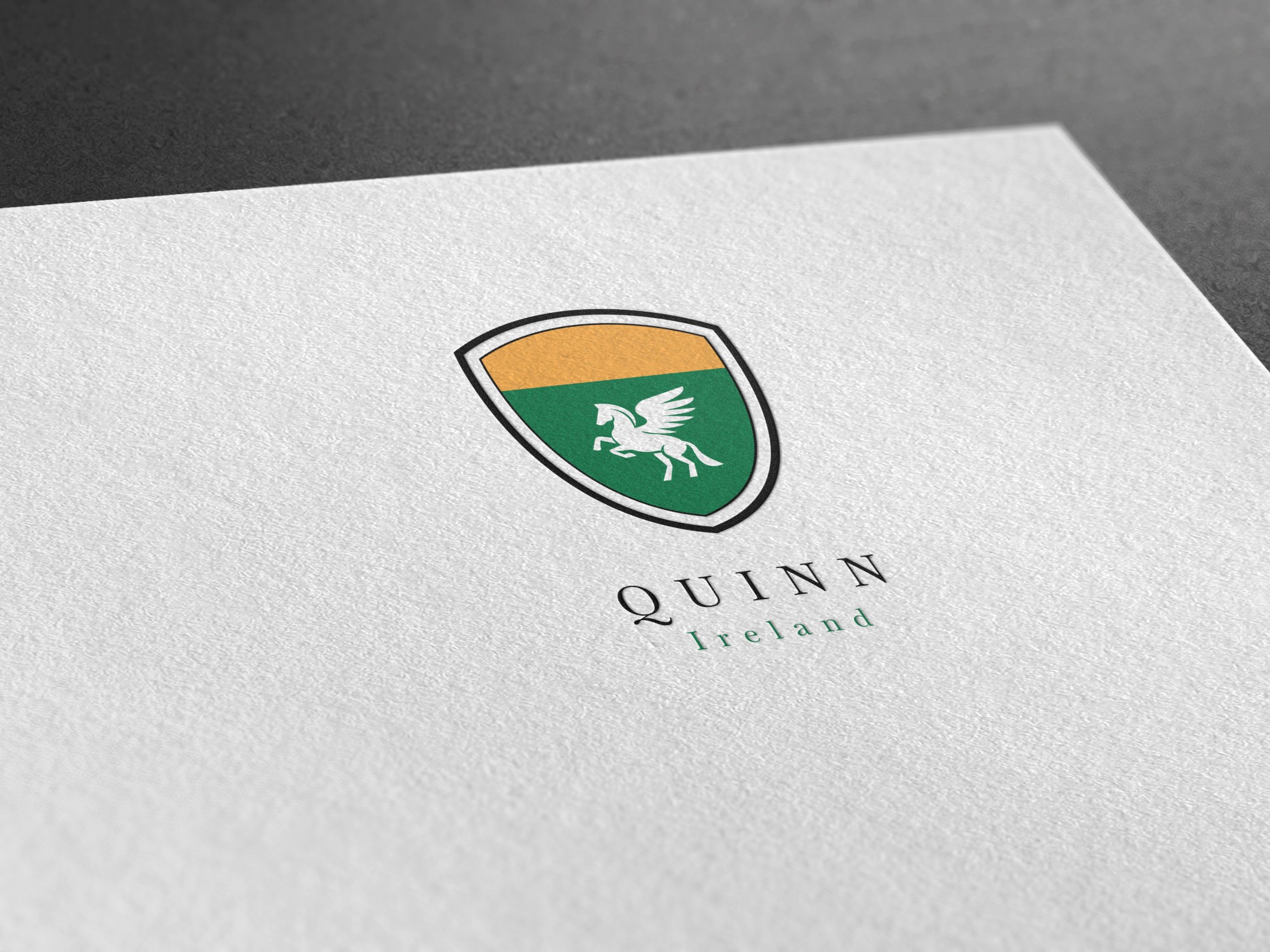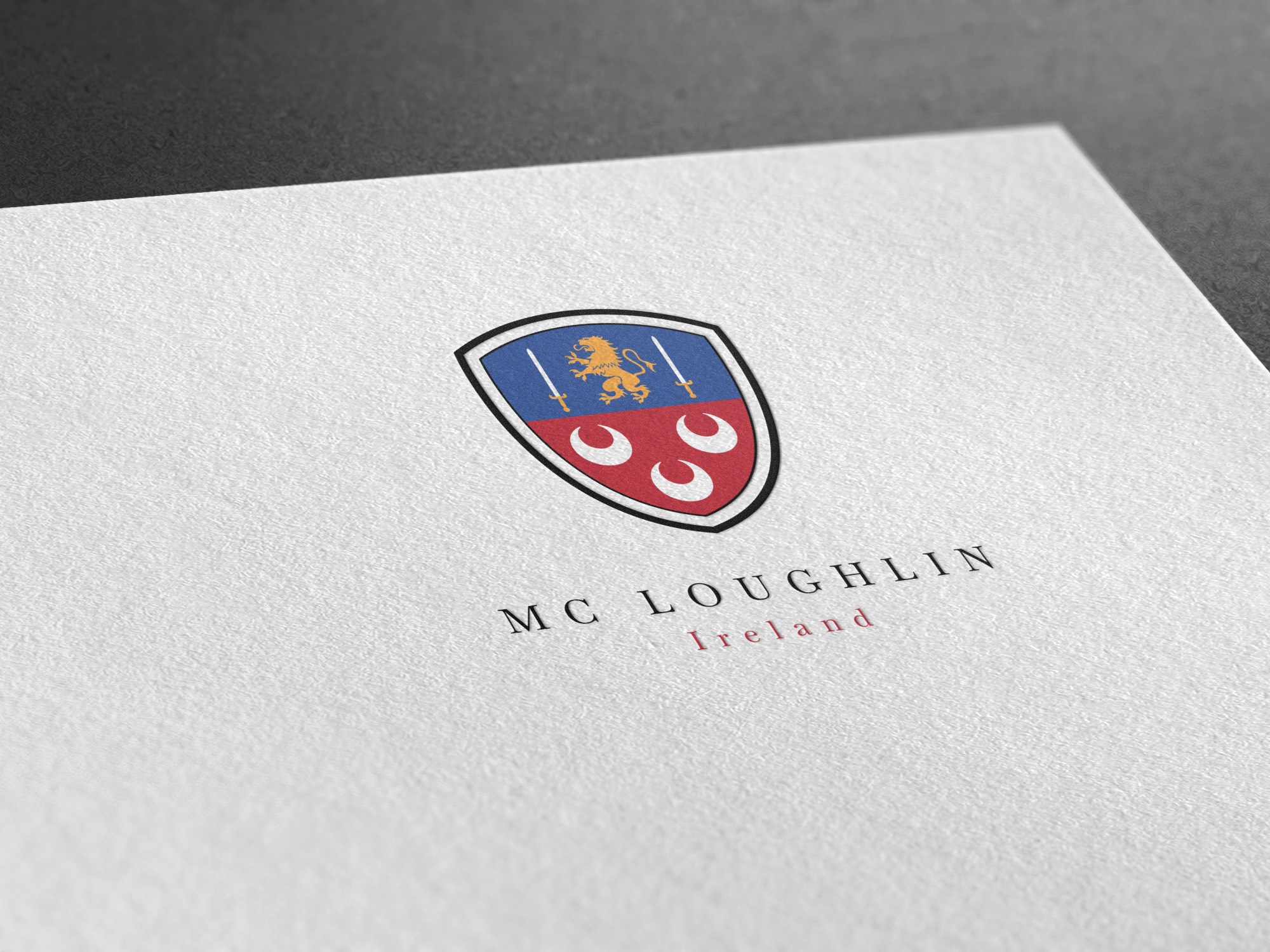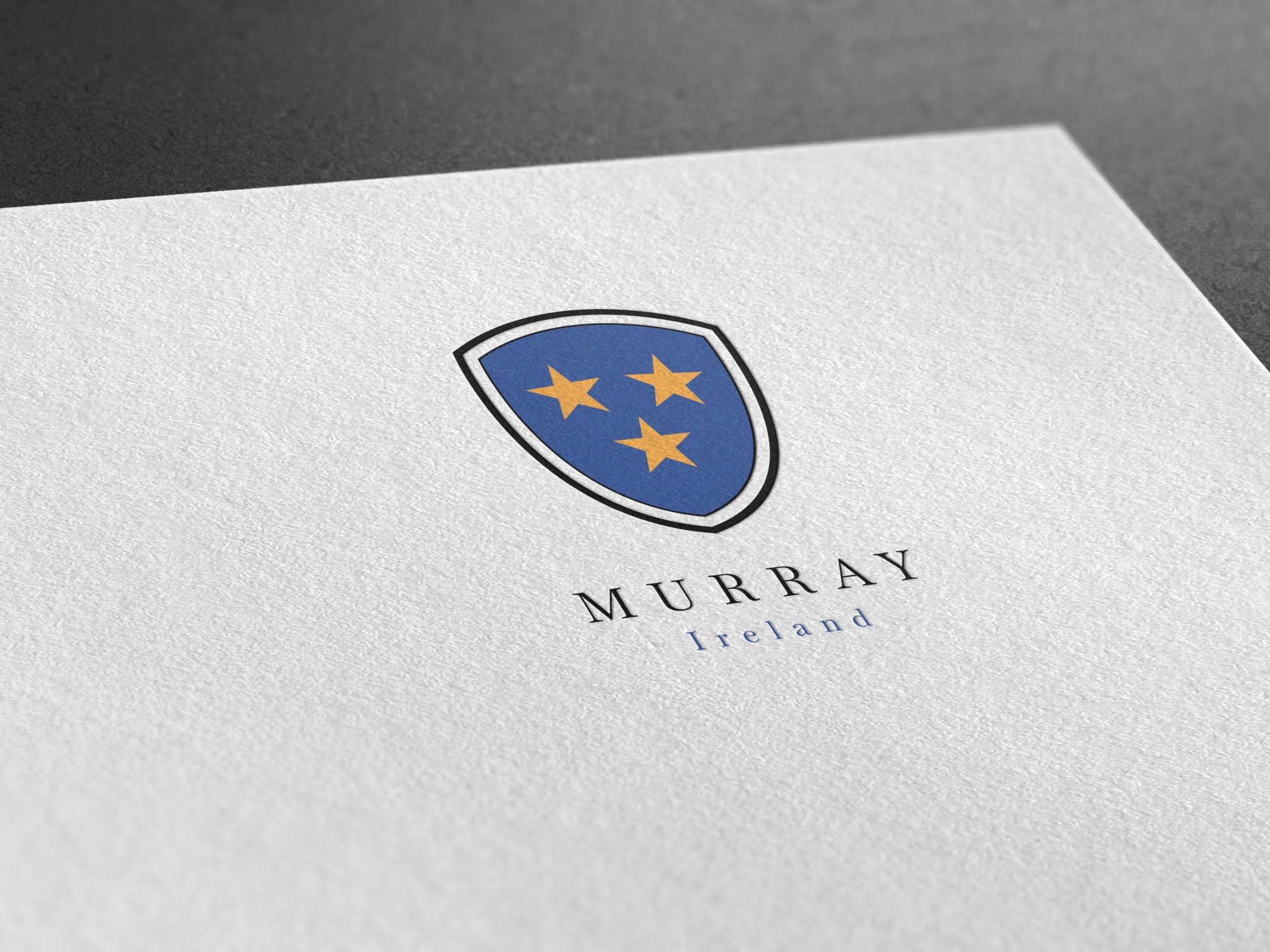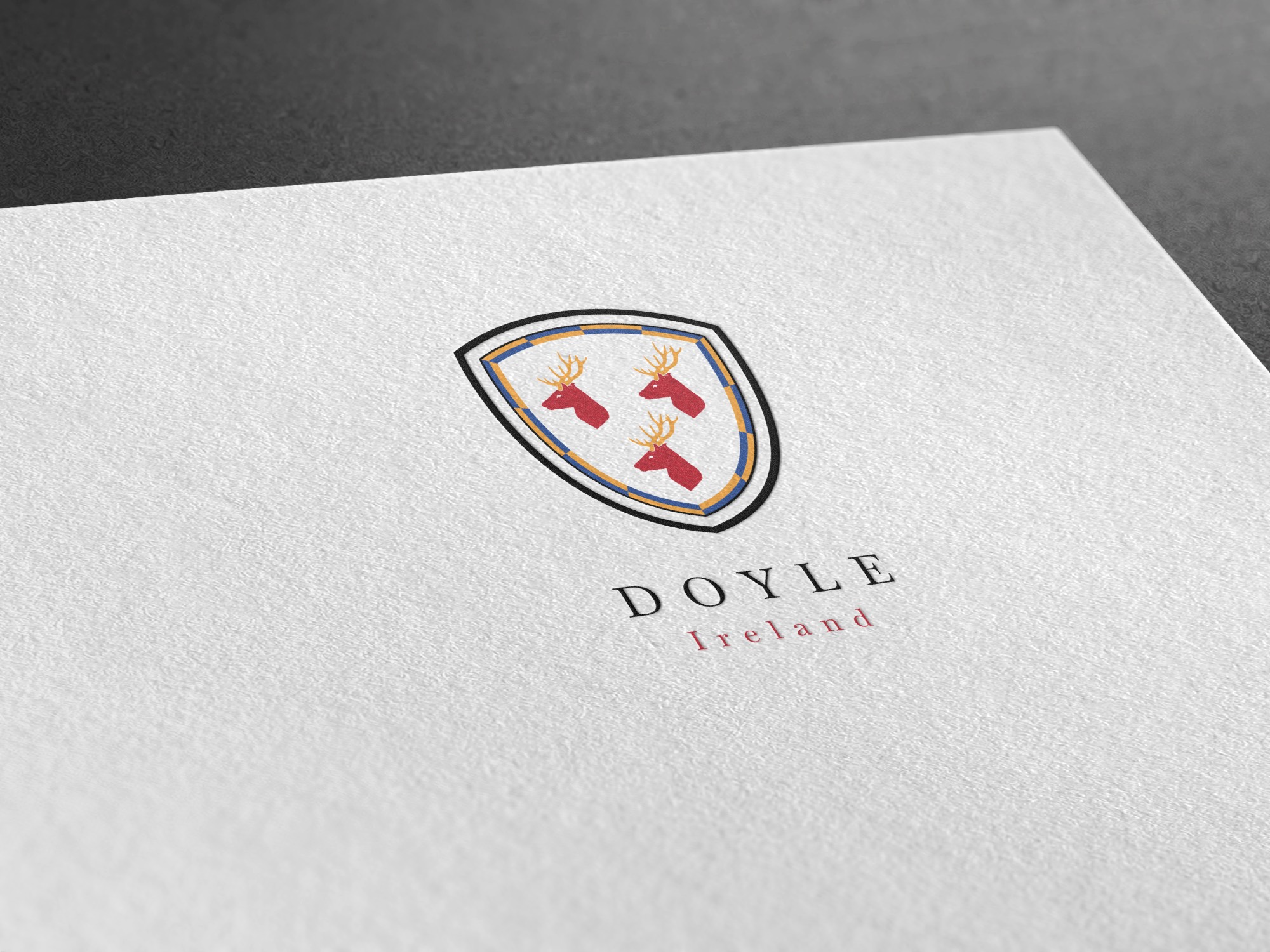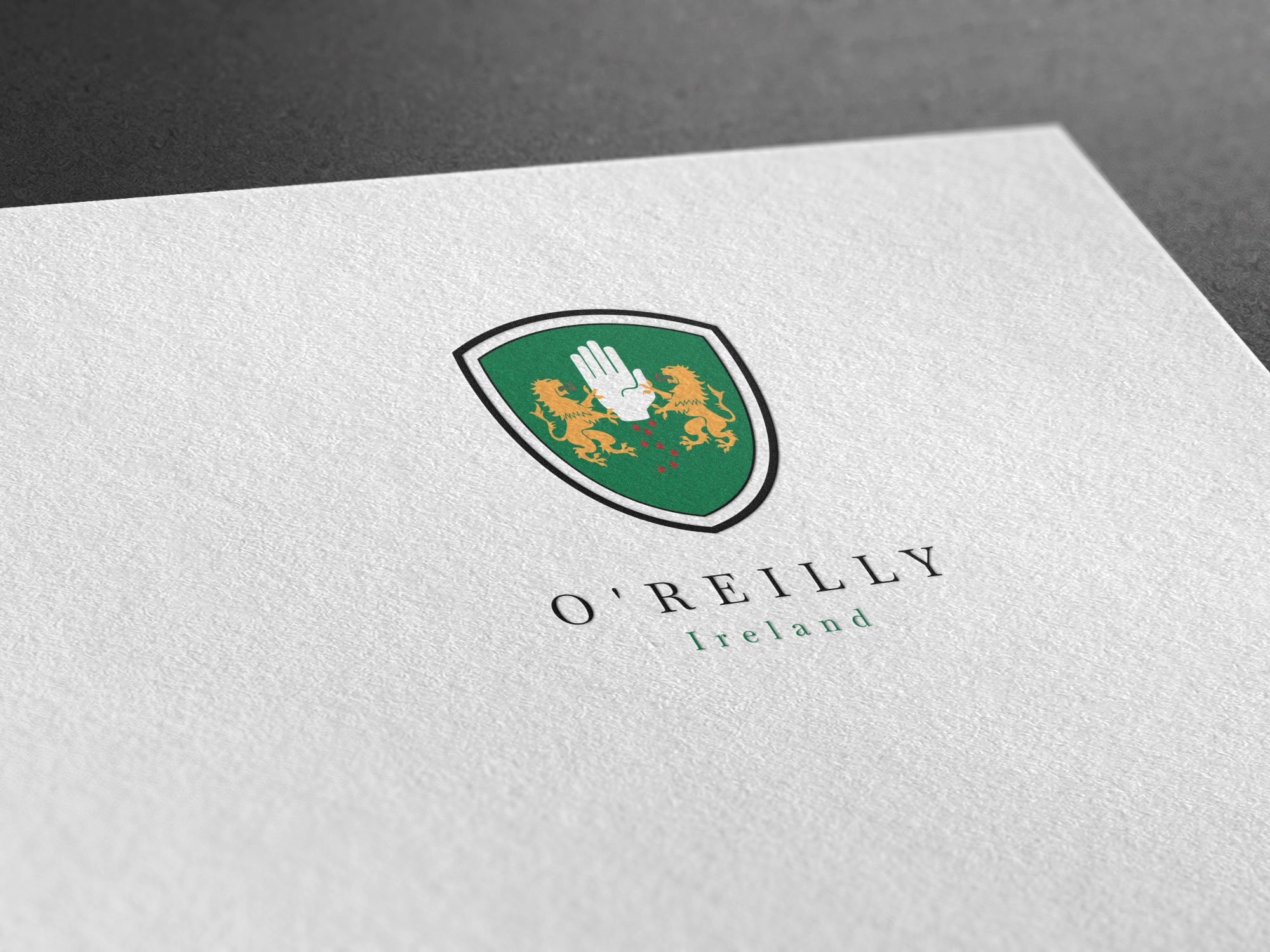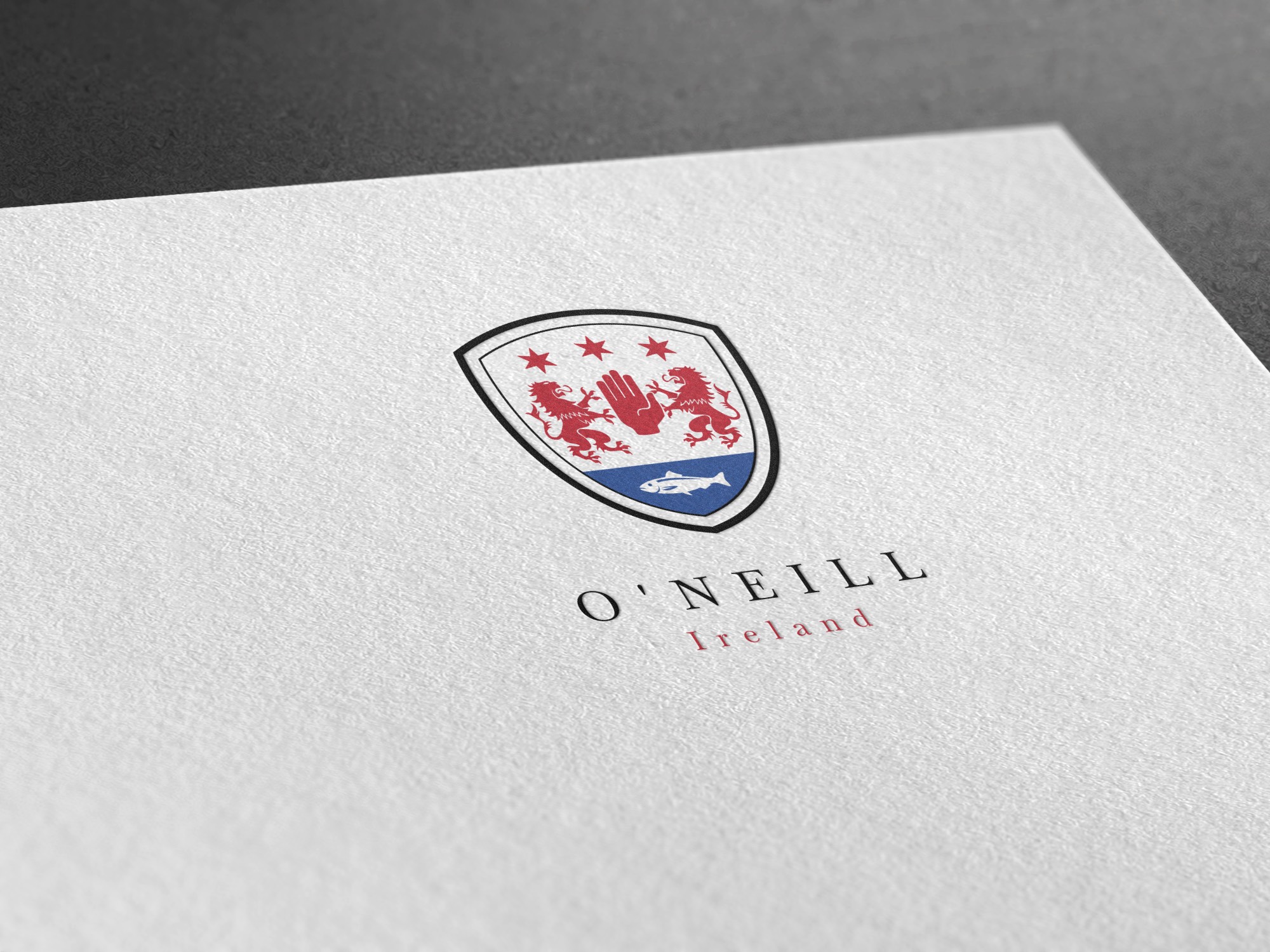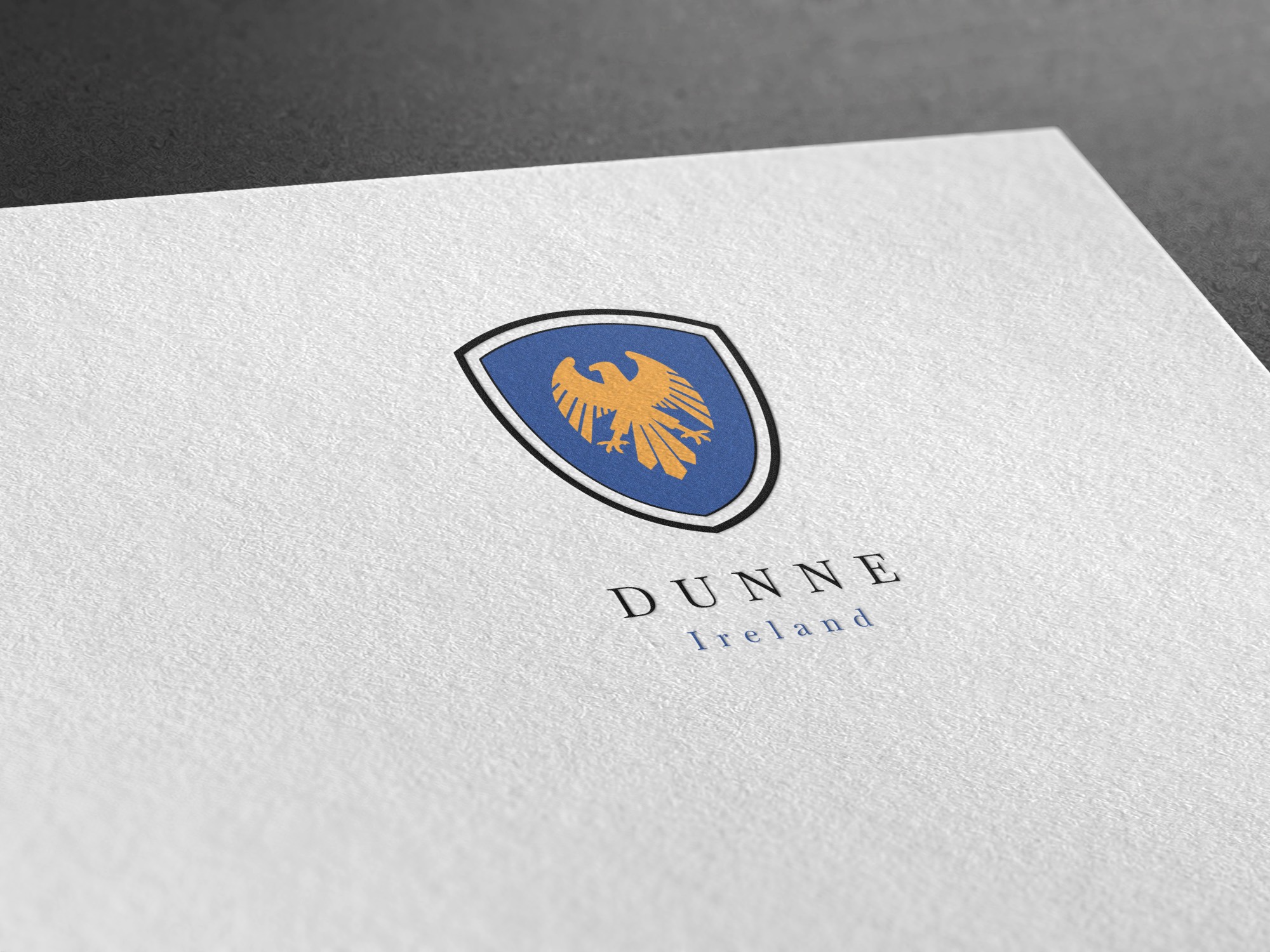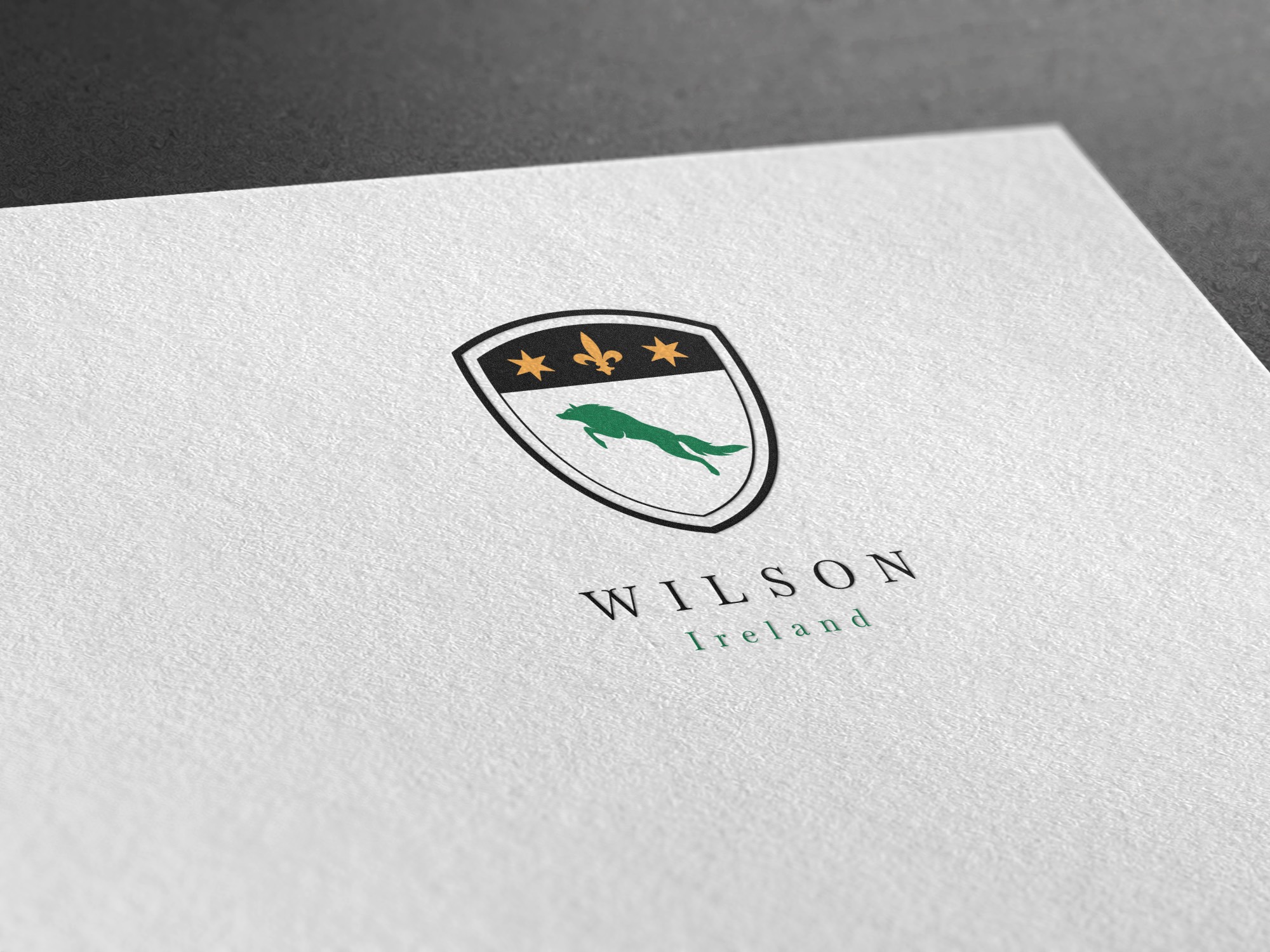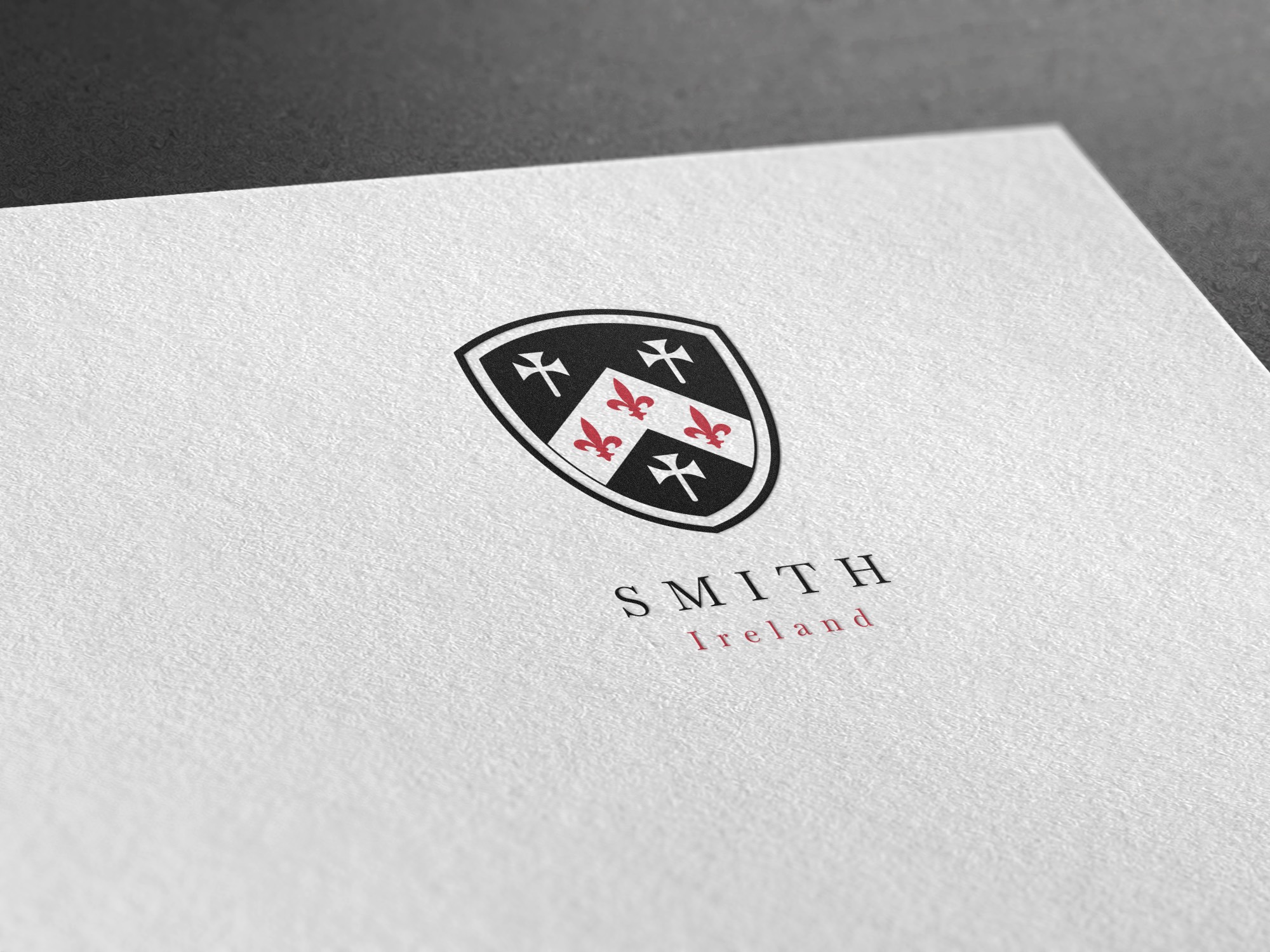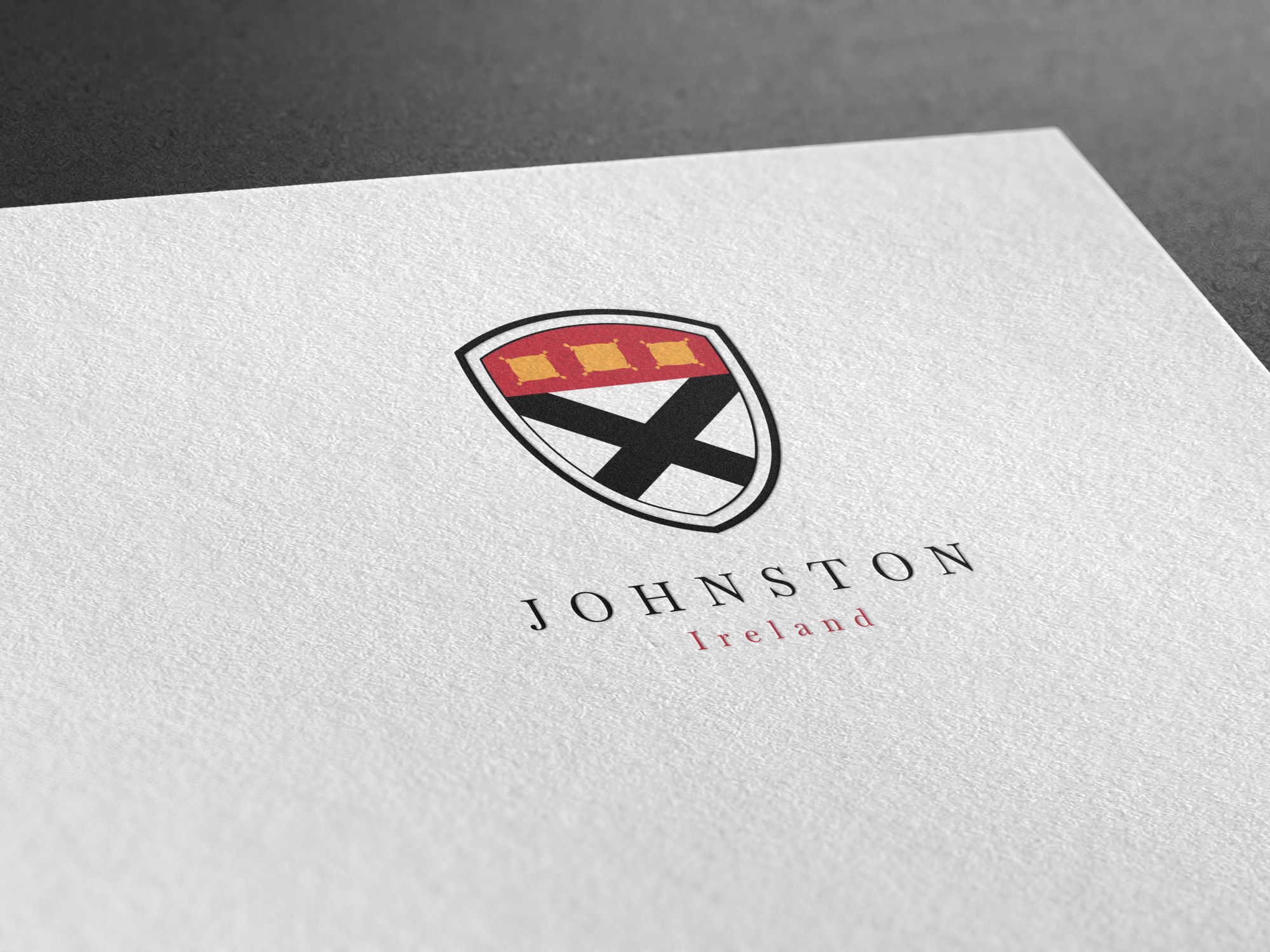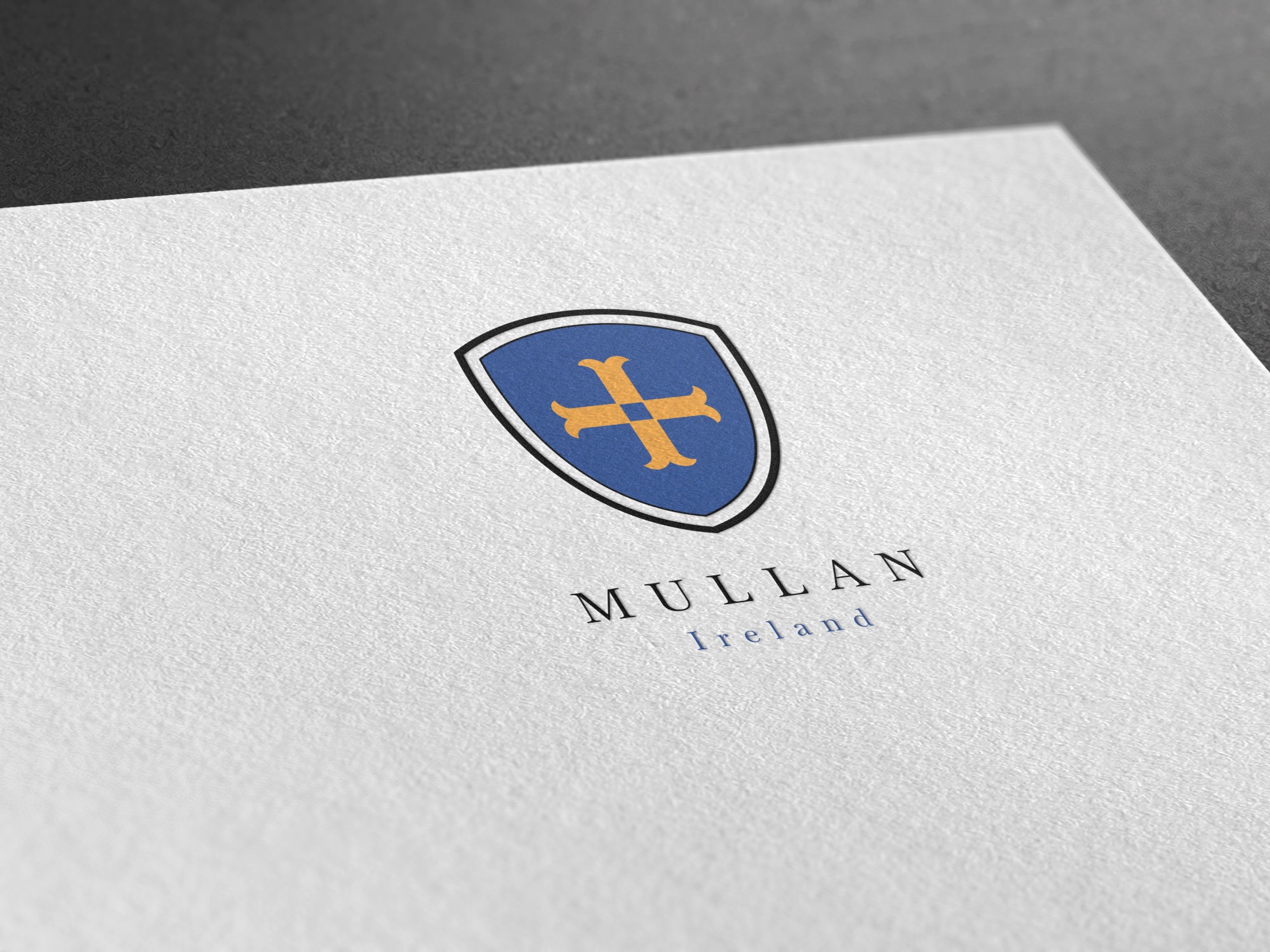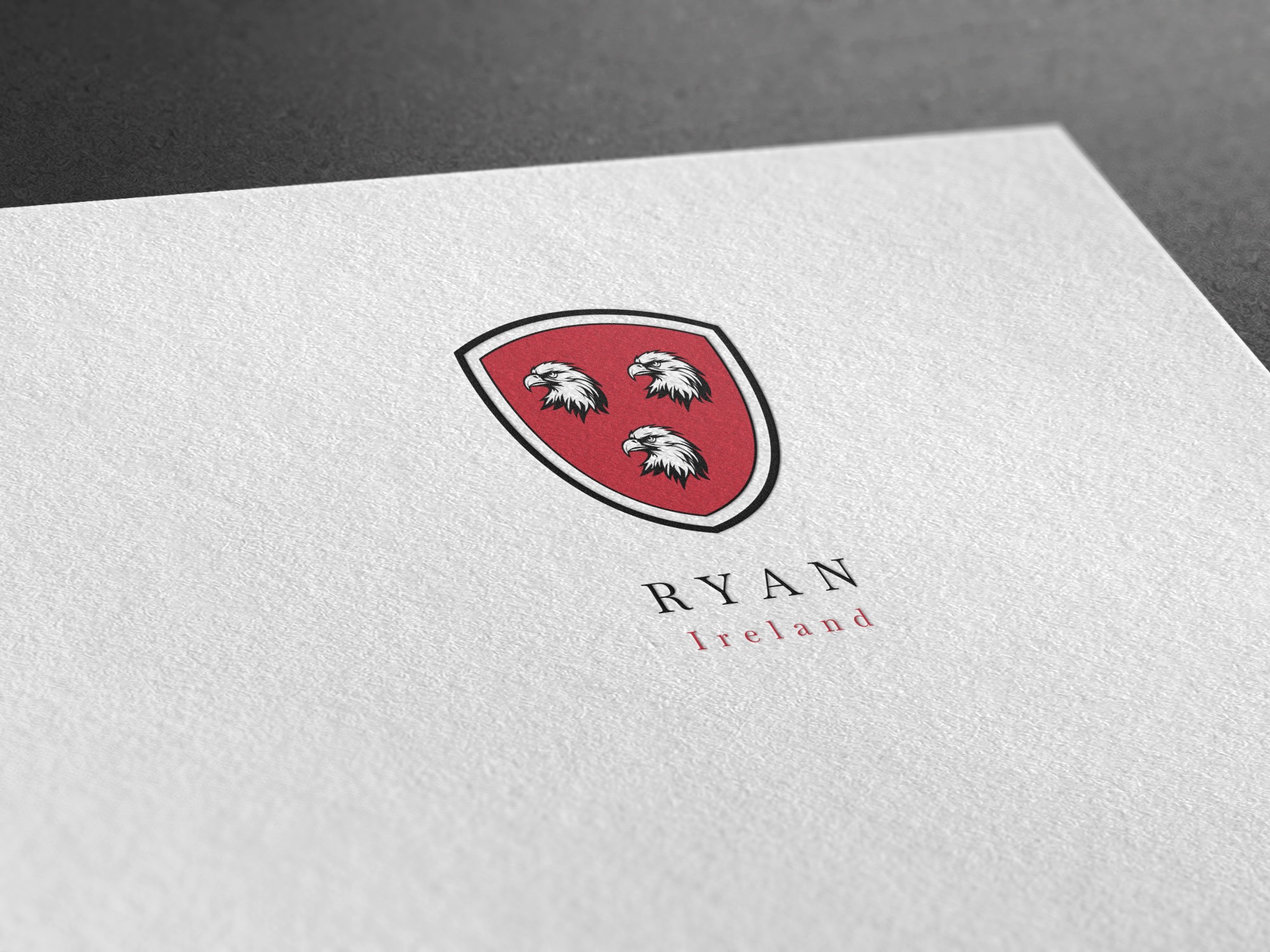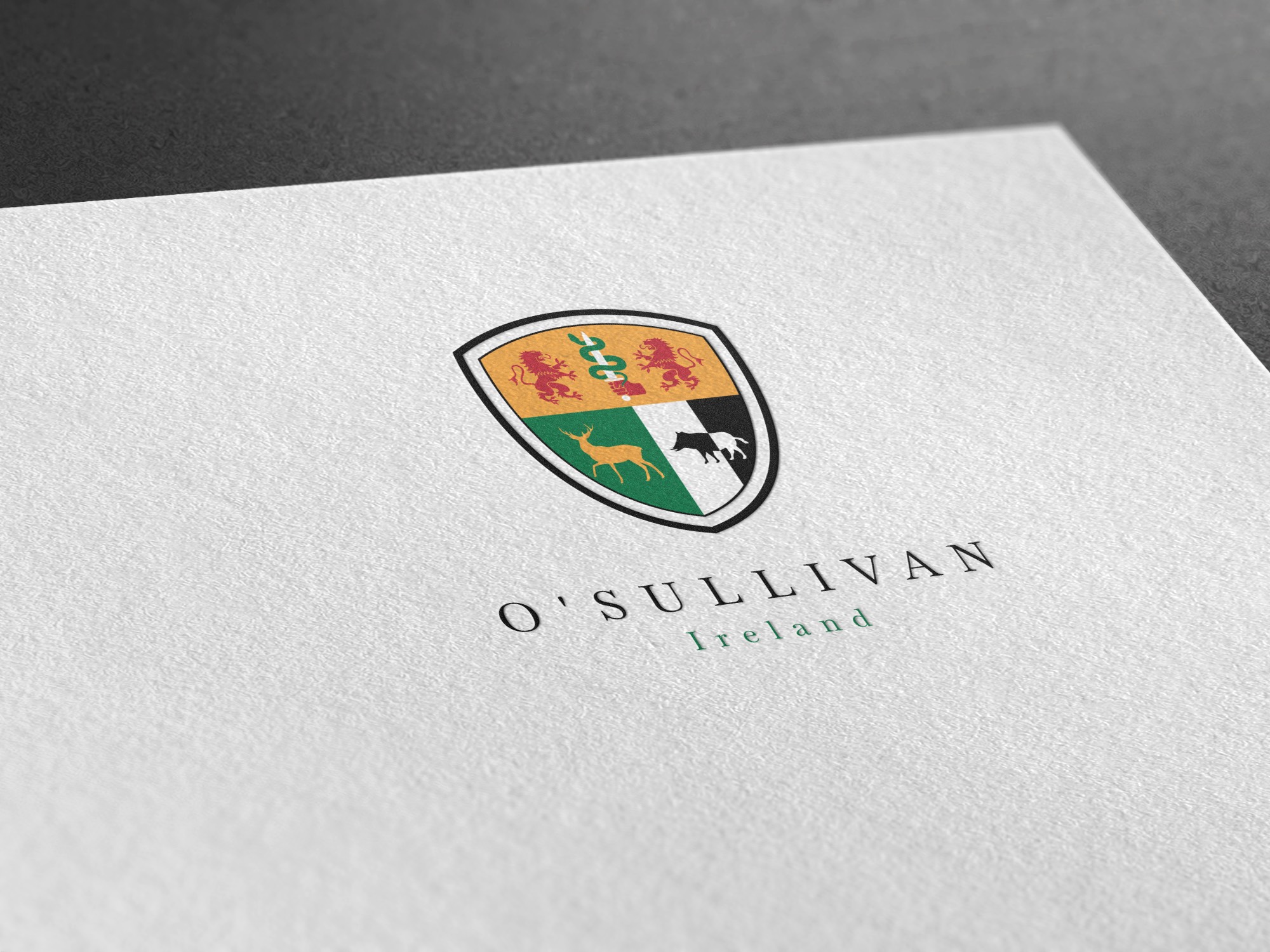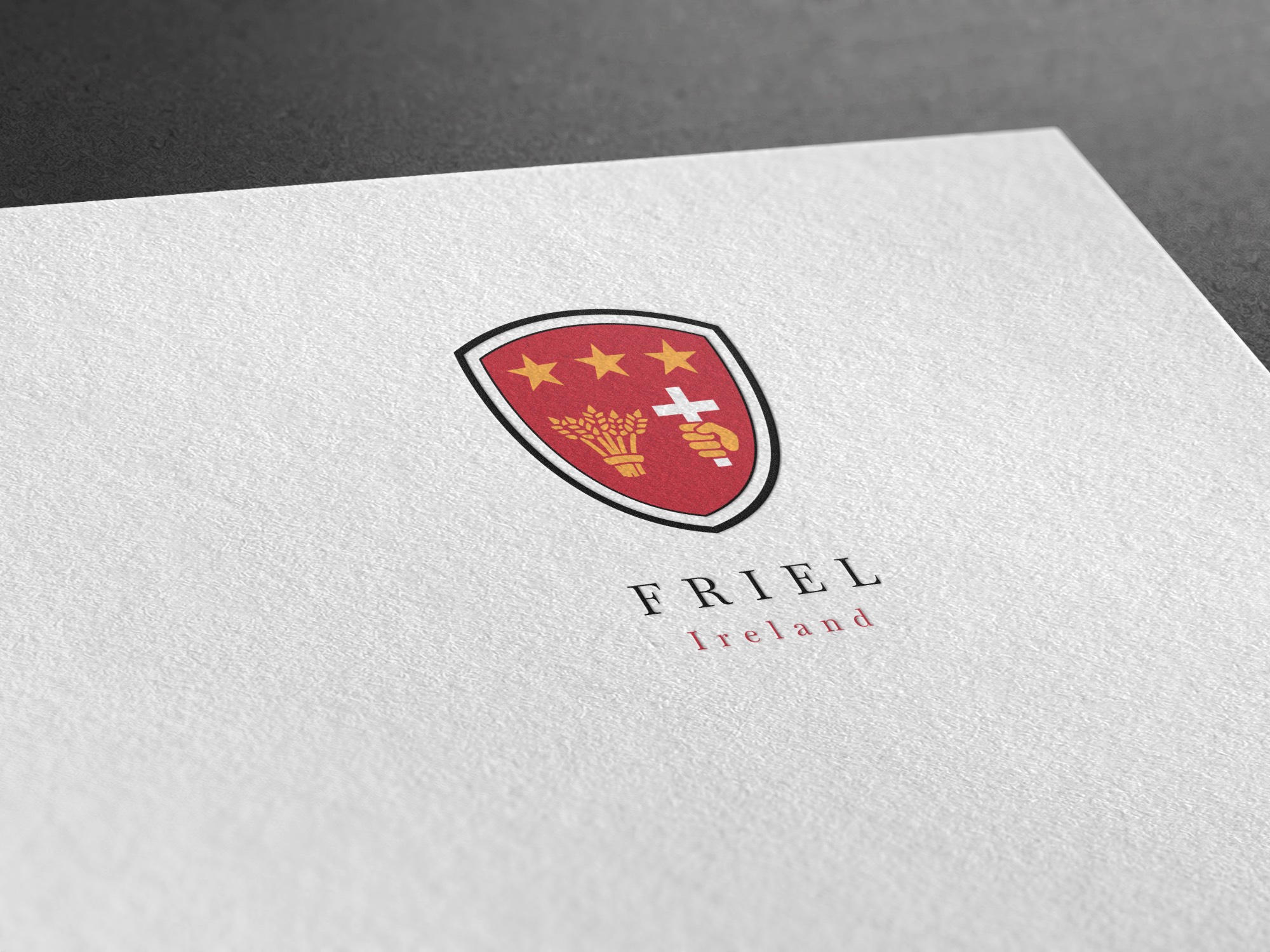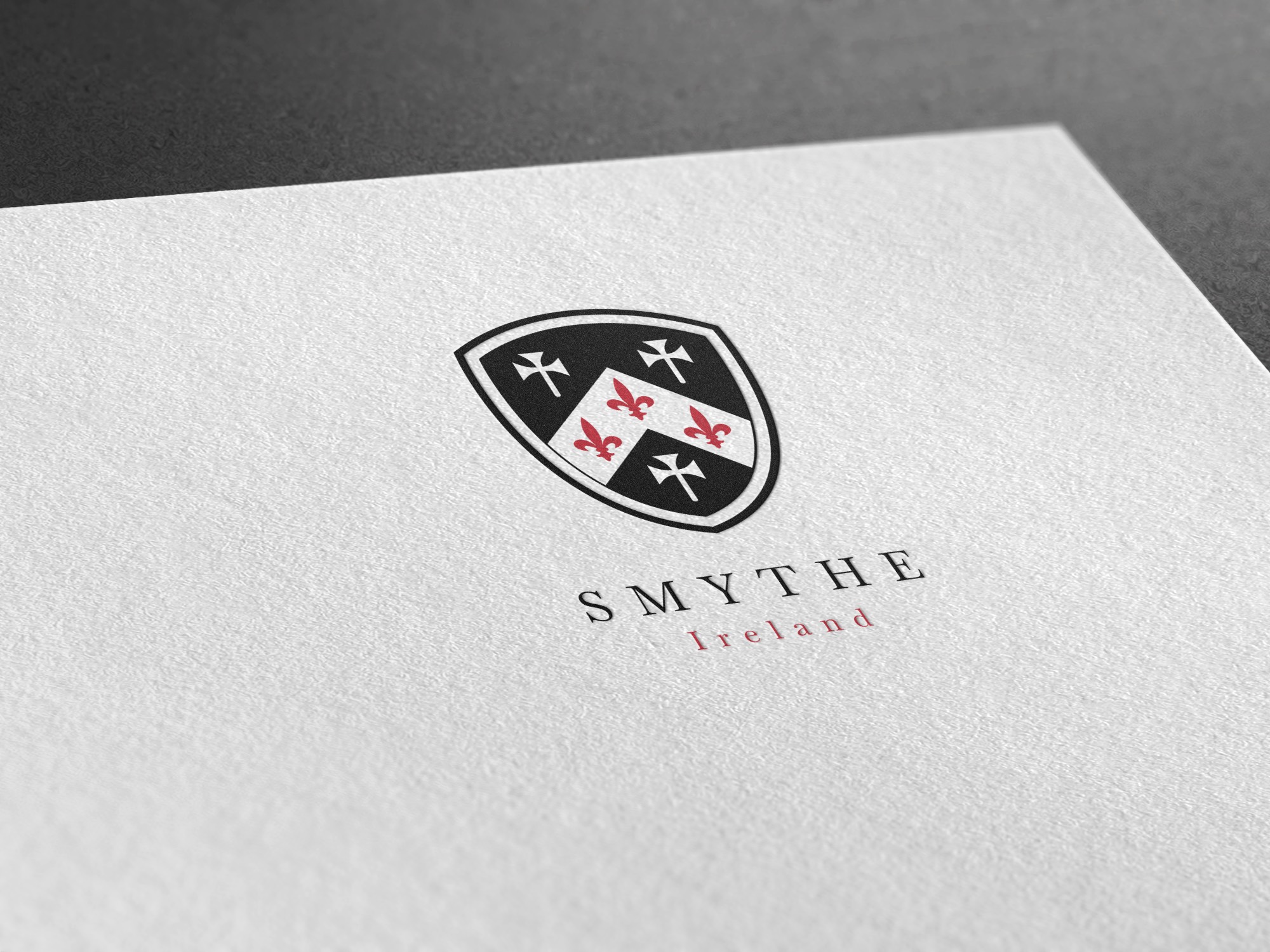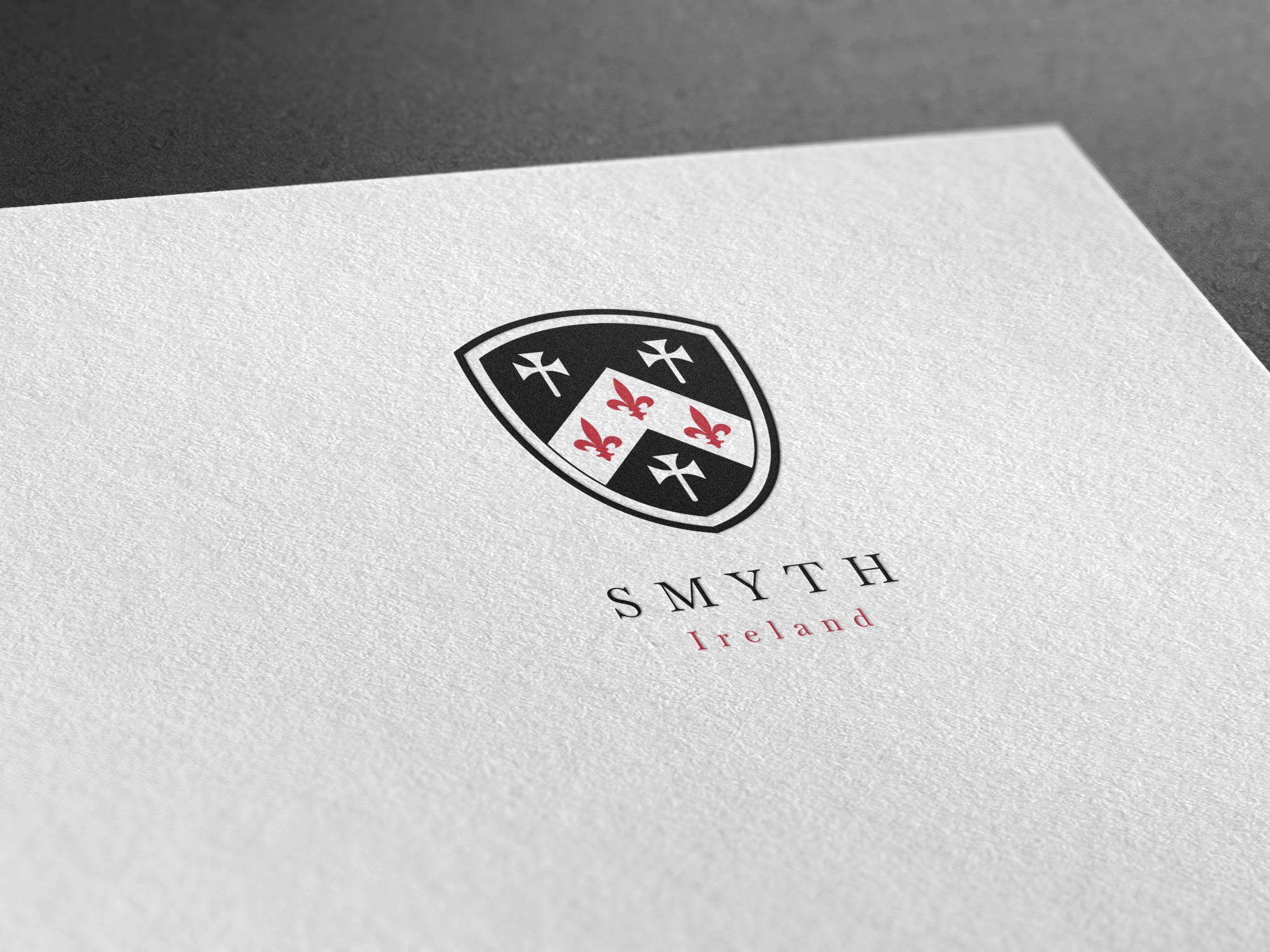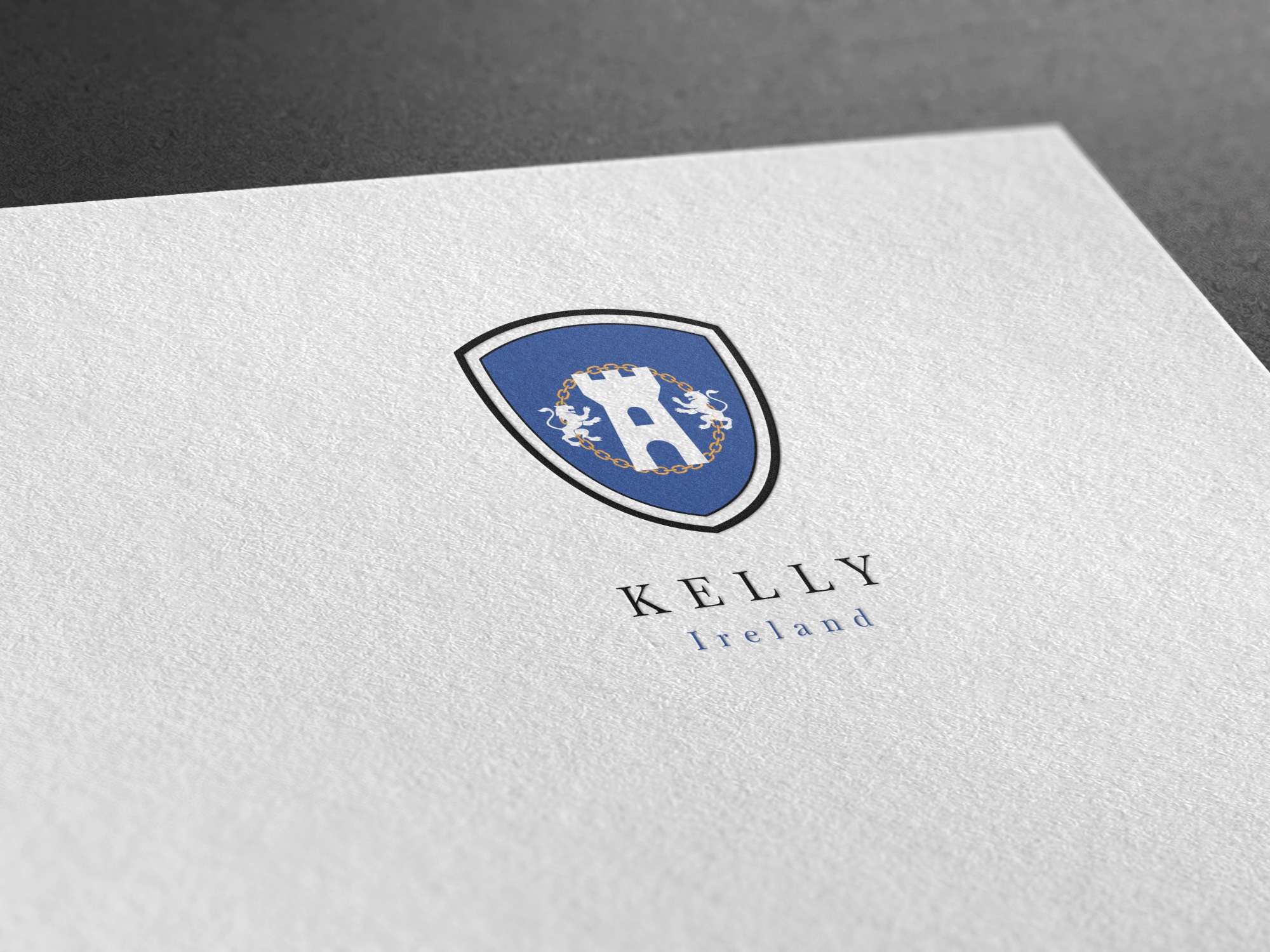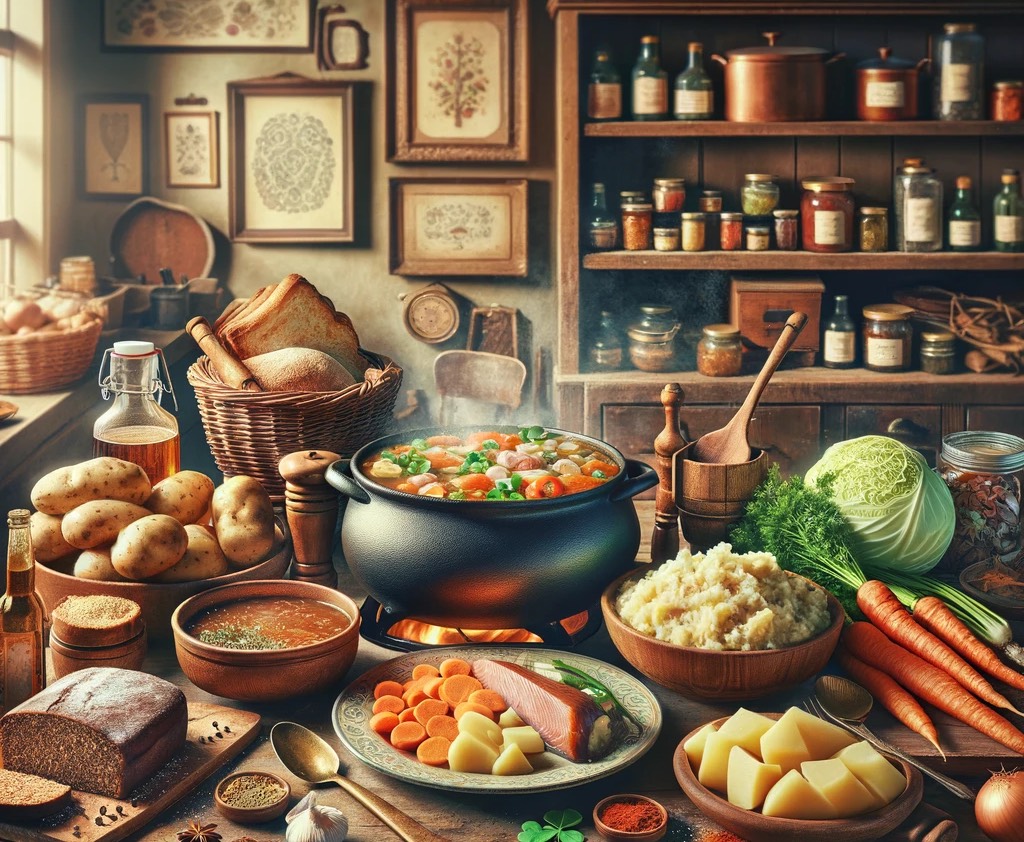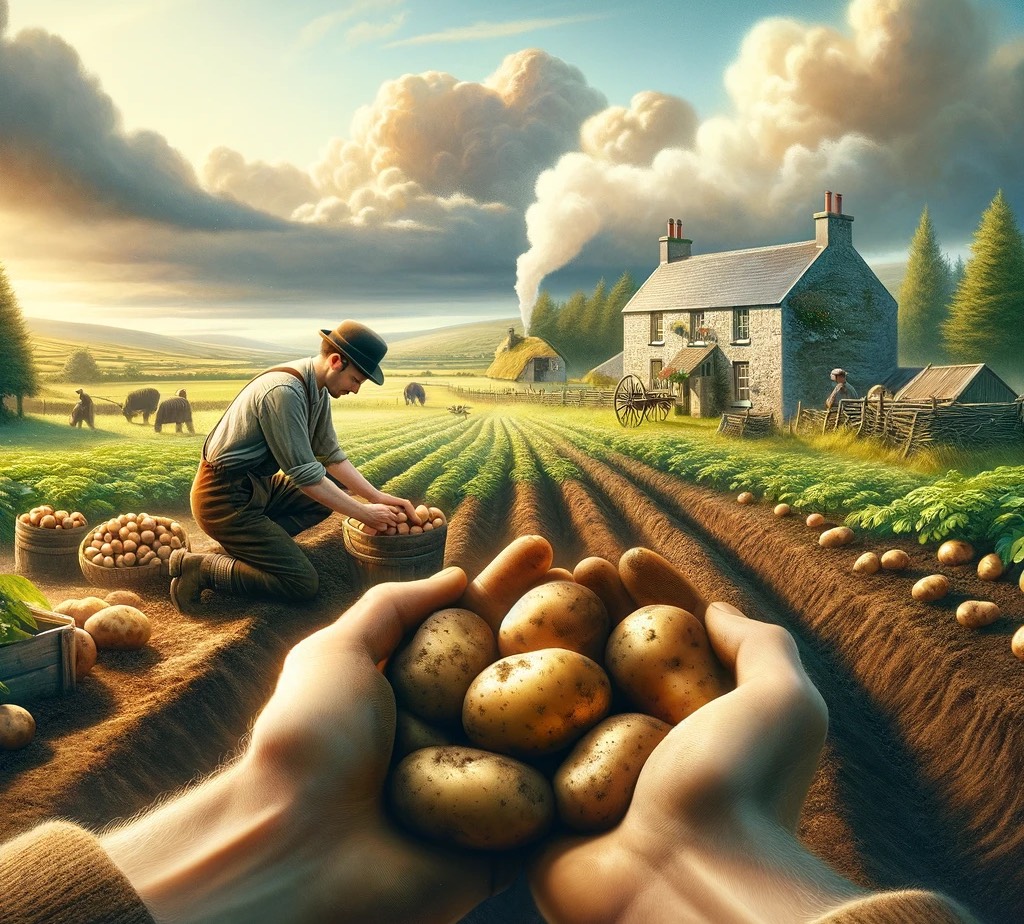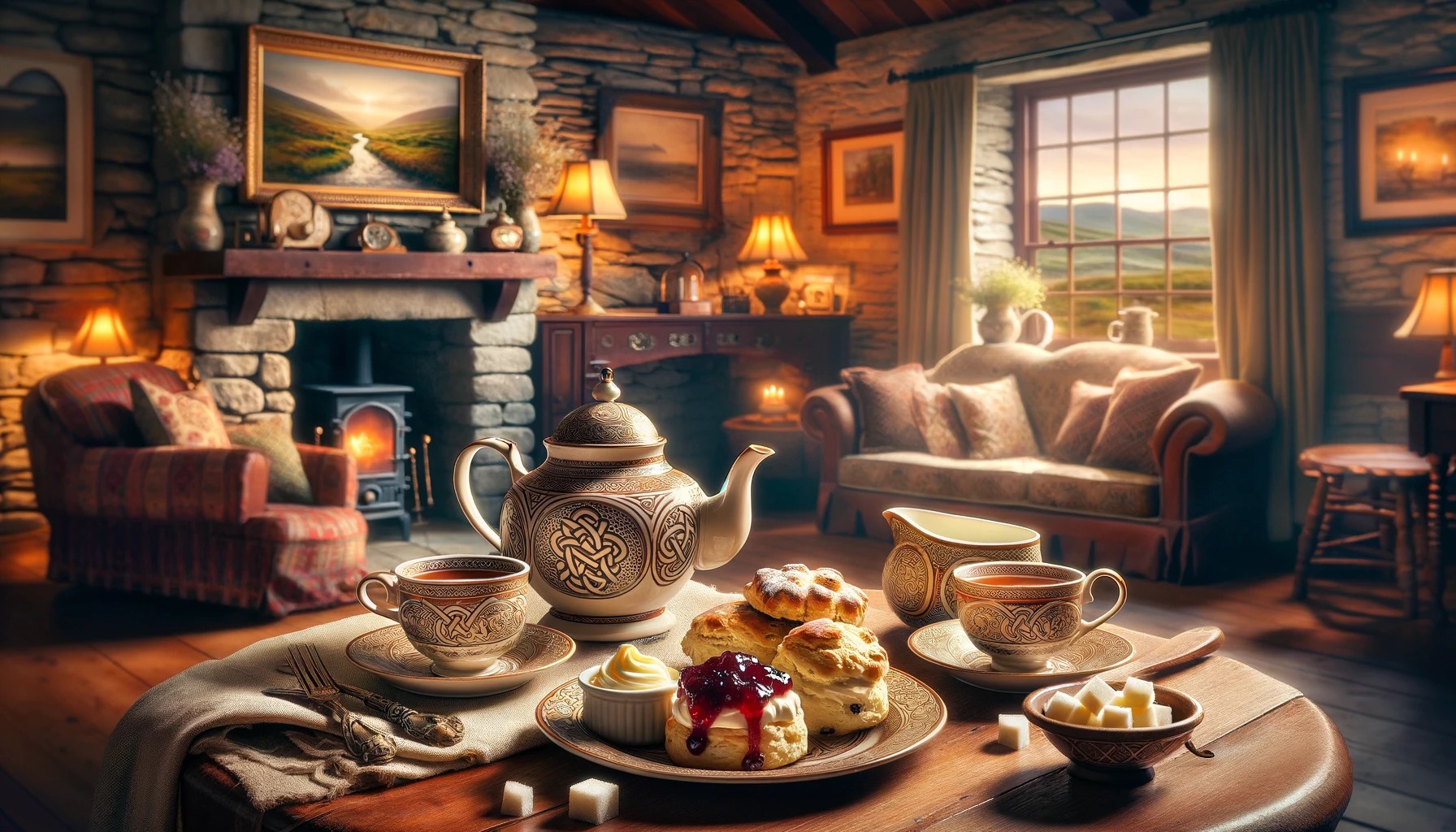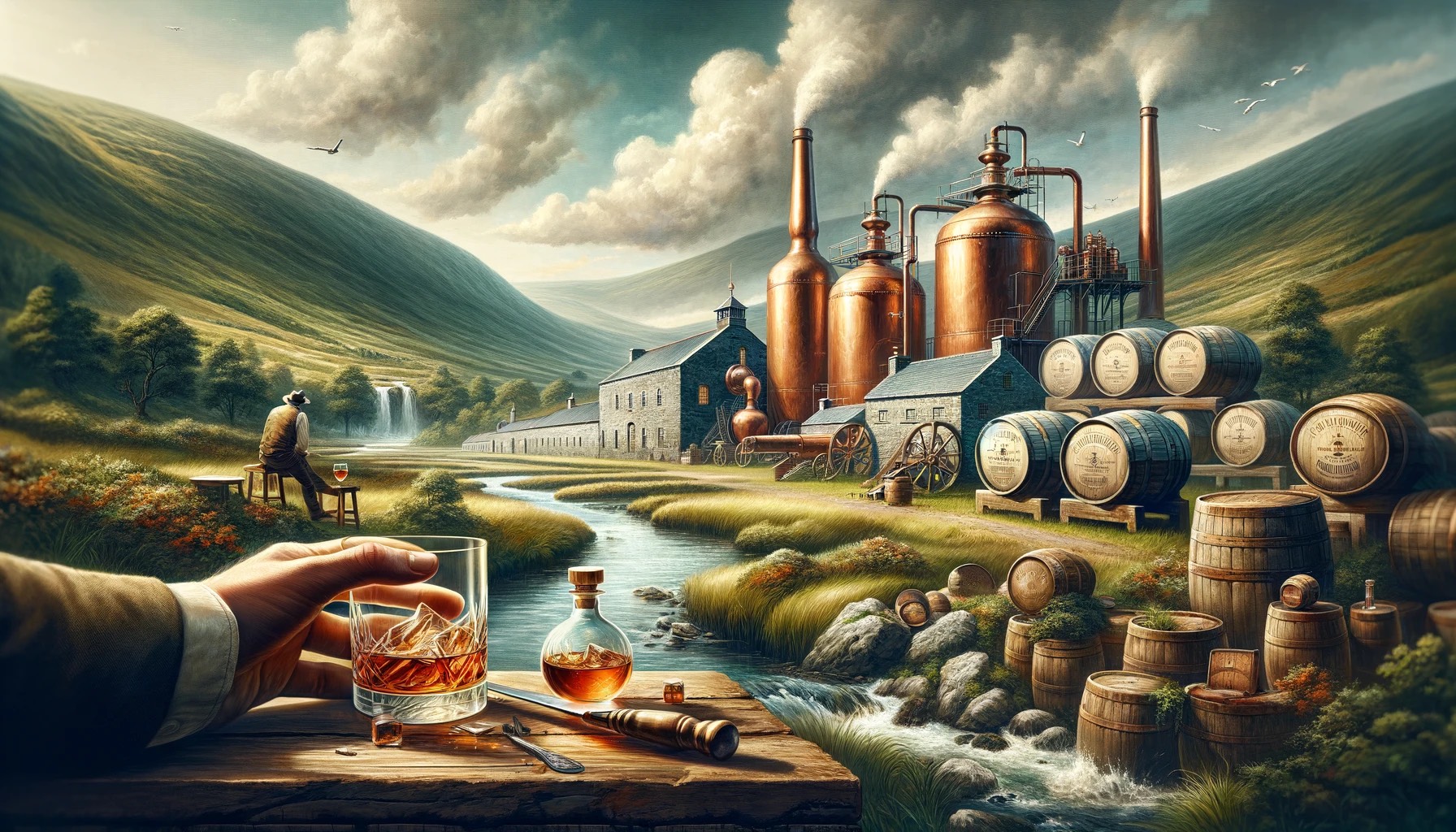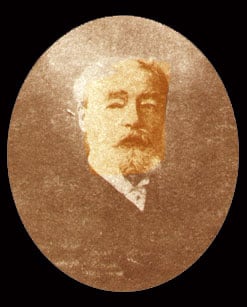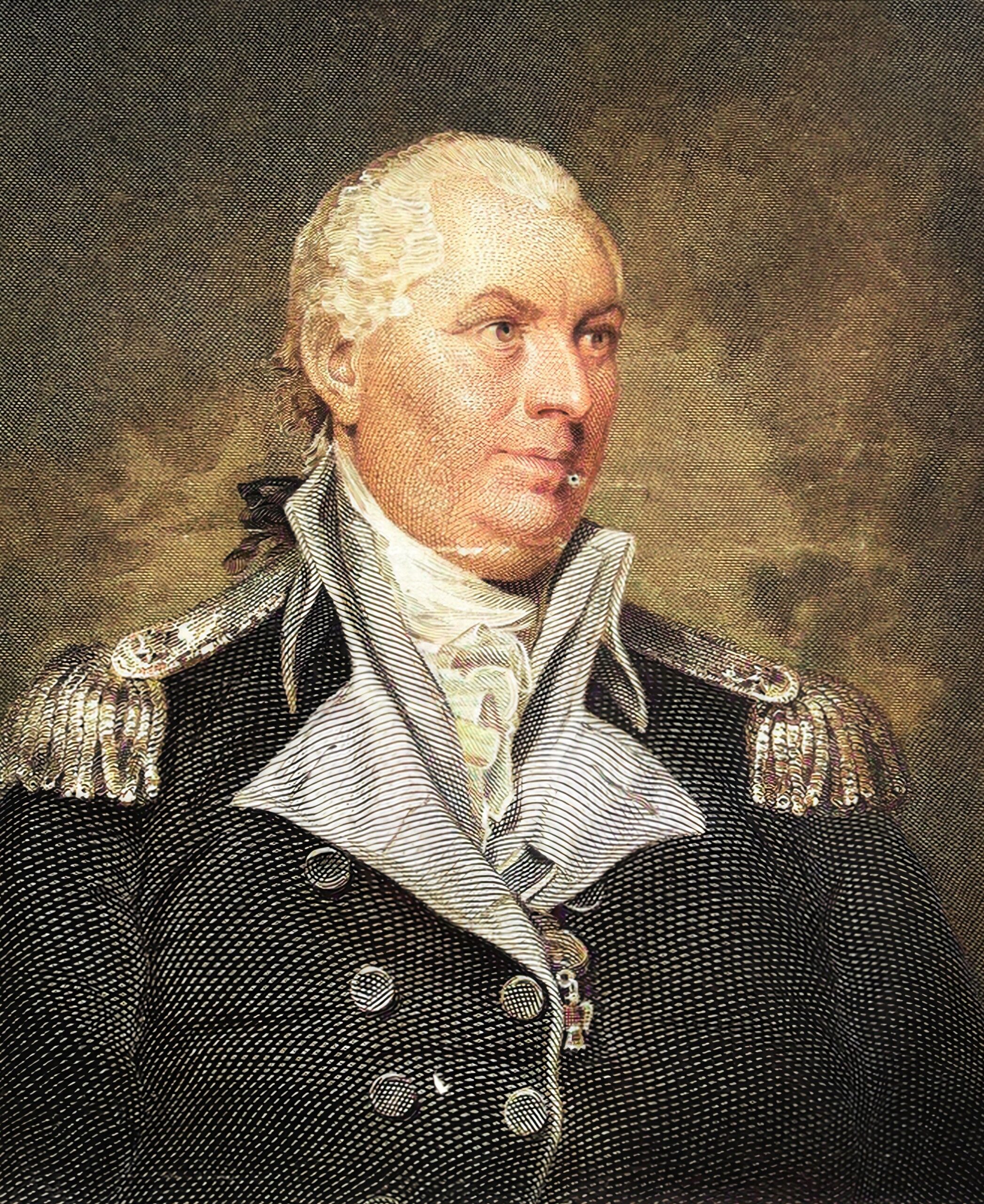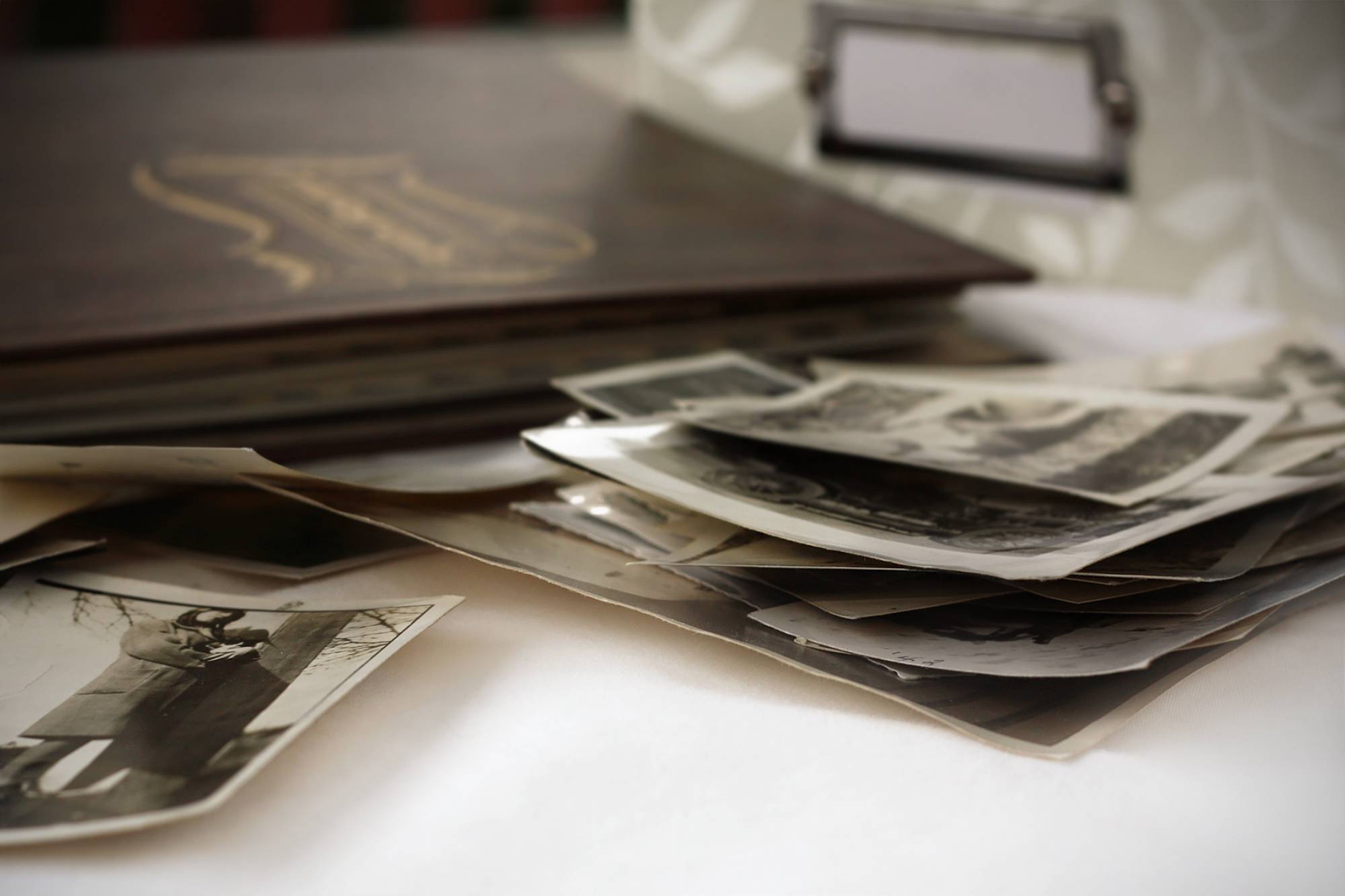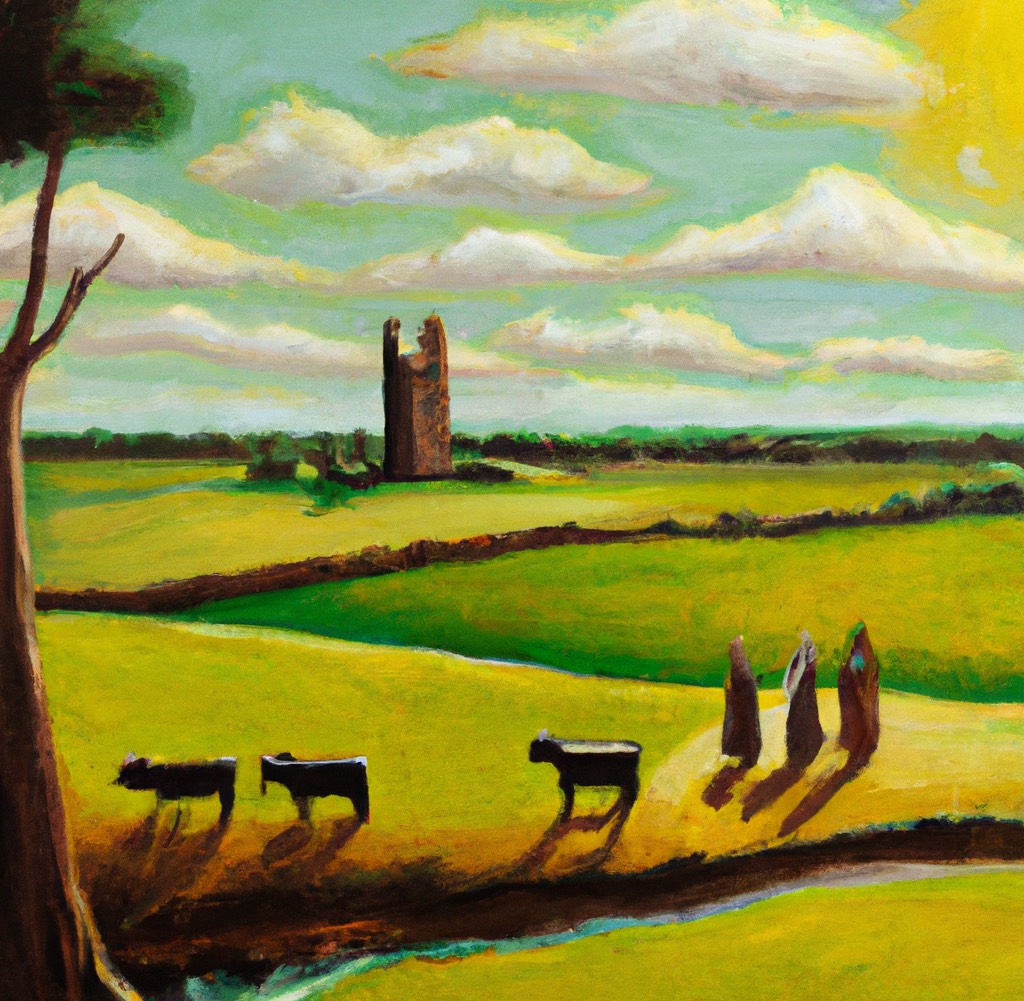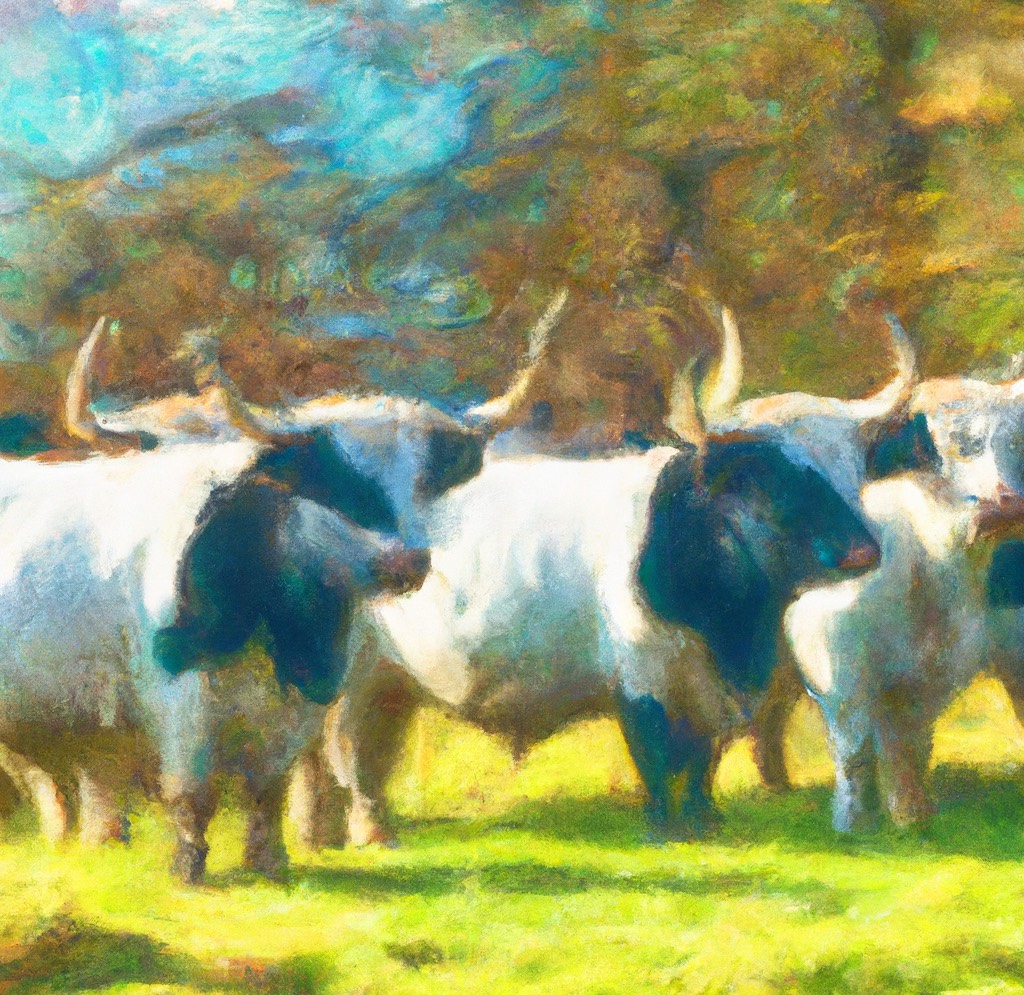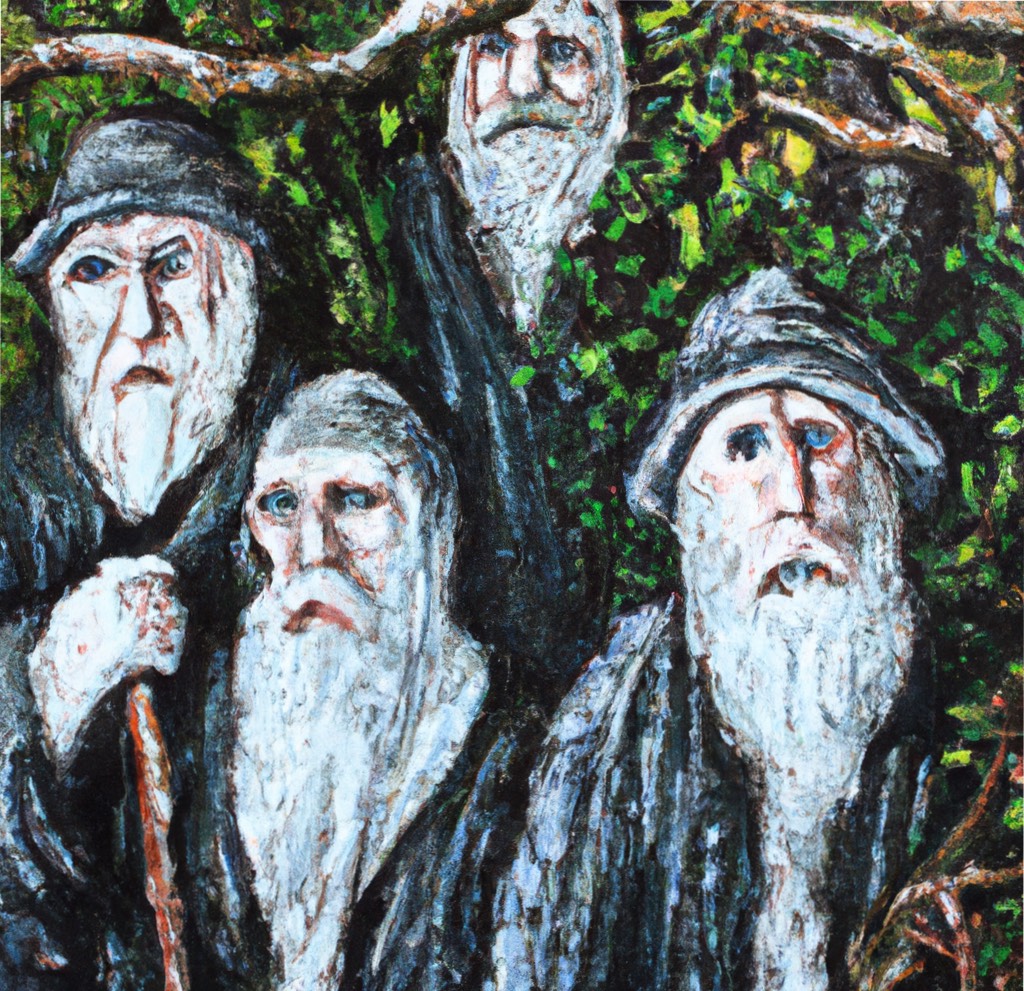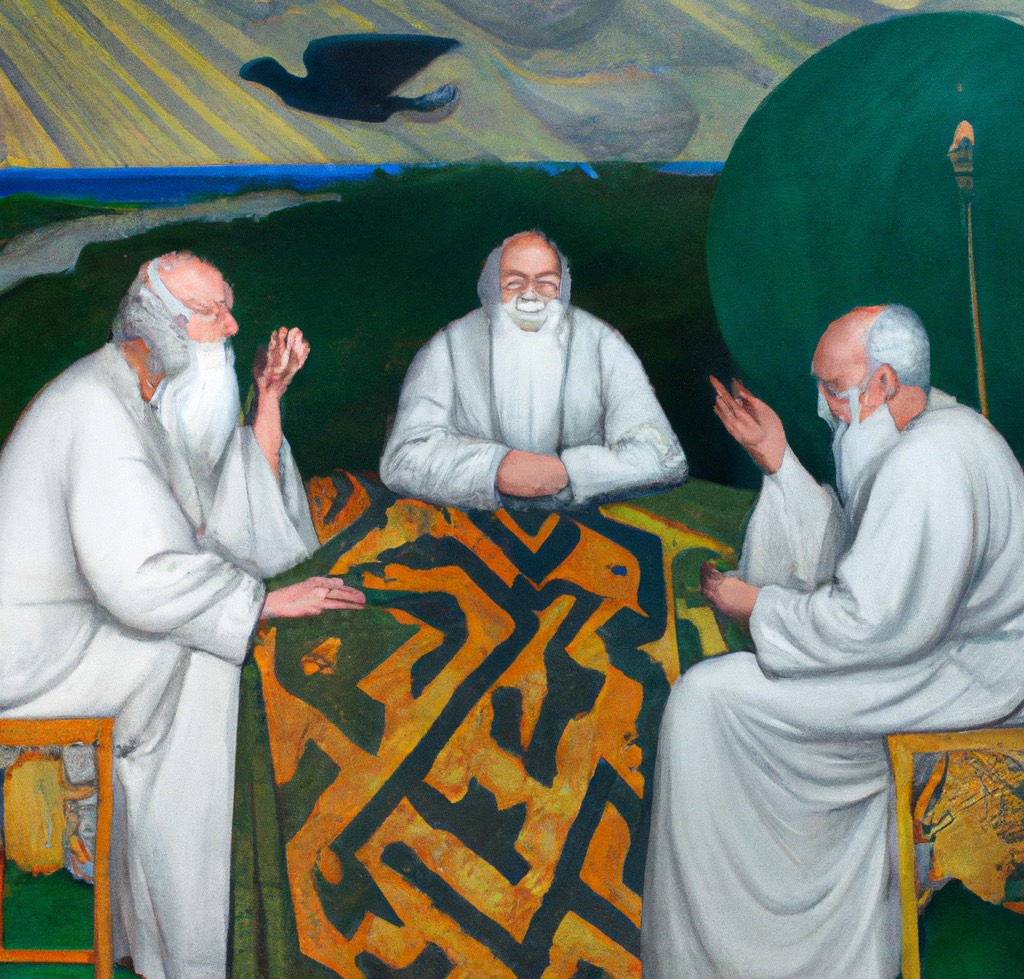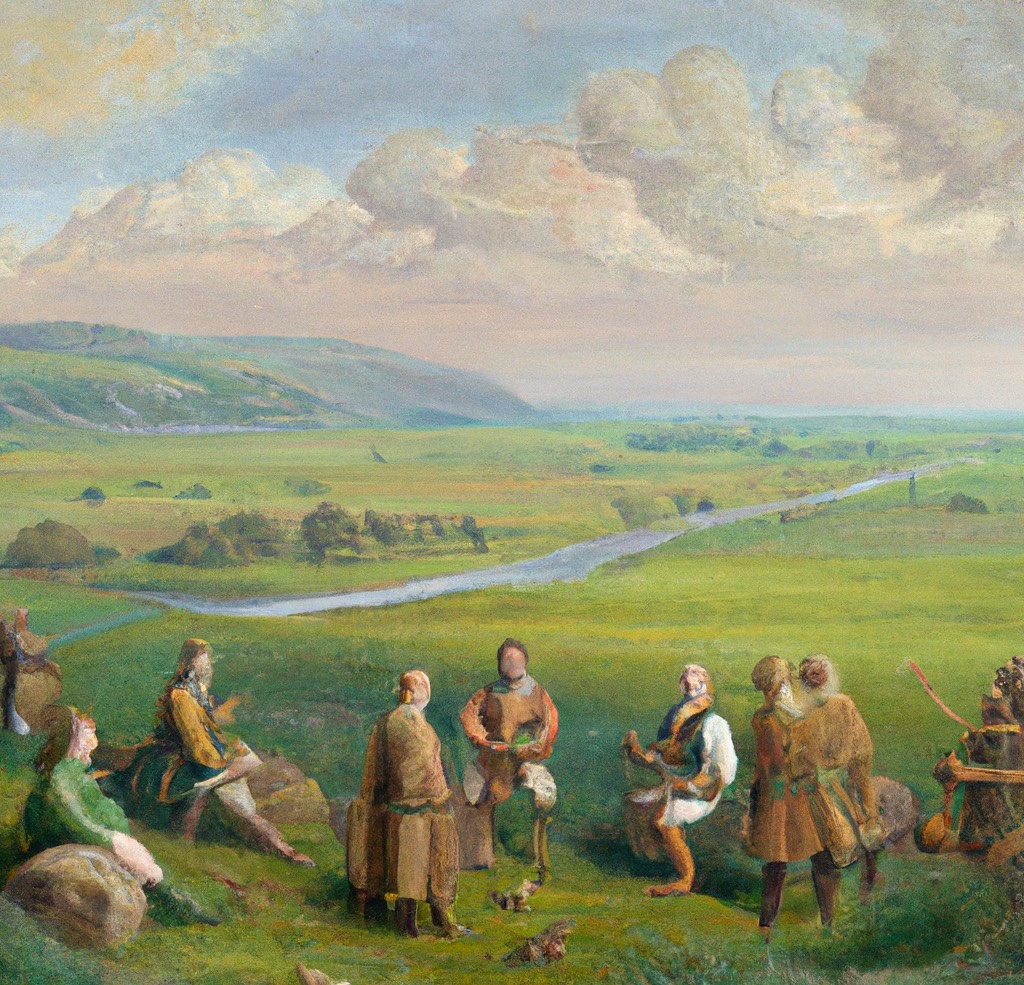The Lynch surname is of Irish origin, with deep roots in the country's history. It's among the oldest surnames in Ireland and is particularly associated with the province of Connacht, specifically in County Galway, where they held a family seat as a significant tribe of the region. Etymology and Meaning...
Quinn: family name history
The Quinn surname has its roots in the ancient Irish history. It is derived from the Gaelic "O'Cuinn" which means "descendant of Conn." Etymology and Meaning "O'Cuinn," from which Quinn is derived, literally translates to "descendant of Conn." Conn is an old Gaelic word which means "chief" or "wisdom." Earliest...
McLoughlin: family name history
The McLoughlin surname is of Irish origin, with its roots entrenched in the early medieval history of Ireland. It is derived from the Gaelic name "Mac Lochlainn," signifying the clan or descendants of Lochlainn. Etymology and Meaning The name "Mac Lochlainn" translates to "son of Lochlainn." The term "Lochlainn" itself...
Murray: family name history
The surname Murray has its roots in the British Isles, where it arose independently in Ireland and Scotland. In Ireland, the surname Murray is an Anglicization of the Gaelic "Ó Muireadhaigh," derived from "muir," meaning "sea," and "eadhach," meaning "protector" or "guardian." Etymology and Meaning The name Murray, as per...
Doyle: family name history
The Doyle surname, a prominent name in Irish history, derives from the Old Gaelic "Dhubhghaill," composed of the elements "dubh," meaning "black," and "ghaill," meaning "stranger." Etymology and Meaning Doyle is an anglicized form of the Gaelic Ó Dubhghaill, which means "descendant of Dubhghall." The personal name Dubhghall consists of...
O’Reilly: family name history
Origin of the Surname The O'Reilly surname originated in Ireland, stemming from a prominent Gaelic family that played a significant role in the country's history. The name is an anglicized form of the original Irish "Ó Raghallaigh," denoting a descendant of Raghallach. Etymology and Meaning The name "O'Reilly" can be...
O’Neill: family name history
The O'Neill surname, rooted in the rich tapestry of Irish history, is among the ten most common surnames in Ireland. The O'Neills trace their lineage back to Niall Noígíallach (Niall of the Nine Hostages), a legendary figure and a High King of Ireland from the 5th Century. Their influence has...
Dunne: family name history
The surname Dunne holds a prominent place in Irish history, with origins steeped in ancient Irish culture and heritage. Dunne is derived from the Irish Ó Duinn and Ó Doinn, meaning "descendant of Donn." Etymology and Meaning The original Irish form Ó Duinn or Ó Doinn derives from the personal...
Wilson: family name history
The surname Wilson, while popular in many English-speaking countries, also has a rich history within Ireland. The name is of Anglo-Saxon origin, but it has long been embedded in the tapestry of Irish genealogy. Etymology and Meaning The surname Wilson means 'son of Will,' with 'Will' being a diminutive form...
Smith: family name history
Origin of the Surname The surname Smith, while widely prevalent in England, is also of significant historical and cultural importance in Ireland. The Irish version of Smith is typically "Mac Gabhann" or "MacGowan", which translates to 'son of the smith'. However, under the anglicizing influences of the English in Ireland,...
Johnston: family name history
Origin of the Surname Johnston is a surname of Scottish origin that found its way to Ireland during the Plantation of Ulster, a period of colonization in the early 17th century. Etymology and Meaning The surname Johnston is derived from "John's town" or "John's settlement." This was a popular naming...
The History of the Mullan Family Name
The Mullan surname has a deep-rooted history, originating from the ancient Gaelic name "Ó Maoláin," which later Anglicized to its present form. This surname has been an integral part of Ireland's cultural fabric, particularly in the northern provinces. Etymology and Meaning The Gaelic term "maol" translates to "bald" or "tonsured,"...
Ryan: family name history
Origin of the Surname The Ryan surname is of Irish origin, deriving from the Gaelic name "Ó Riain." The prefix "Ó" denotes "grandson of" or "descendant of," highlighting the patronymic nature of the surname. Etymology and Meaning The name "Ó Riain" translates to "descendant of Rian." Rian is believed to...
O’Sullivan: family name history
The O'Sullivan surname is of Irish origin. It is an Anglicized form of the Gaelic "Ó Súilleabháin," which was the name of an important family in southern Ireland during medieval times. Etymology and Meaning The surname O'Sullivan is derived from the Gaelic "Ó Súilleabháin," meaning "descendant of Súilleabhán." The personal...
Friel: family name history
The surname Friel is of Irish origin and is an anglicized form of the Gaelic name "Ó Frighil," which signifies the male descendants of Frighil. The personal name Frighil appears to be derived from an old Irish word meaning "valour." Etymology and Meaning The surname Friel is a patronymic name,...
Smythe: family name history
The Smythe surname in Ireland, with its rich historical significance and widespread prevalence, offers a fascinating glimpse into the country's past. The name is deeply embedded in Ireland's socio-economic and cultural tapestry, spanning centuries of history. This article delves into the origins, evolution, and notable personalities associated with the Smythe...
Smyth: family name history
The Smyth family name, commonly anglicized from the Irish "Mac an Ghabhainn," meaning "son of the smith," holds a deep historical and cultural significance in Ireland. The name's origins are embedded in the skilled trade of blacksmithing, a profession indispensable to the agrarian and military frameworks of medieval Ireland. This...
Kelly: family name history
The Kelly surname, one of the most prolific Irish surnames, has its roots in ancient Irish history. The name derives from the Gaelic Ó Ceallaigh, meaning "descendant of Ceallach." This patronymic surname provides a direct link to the clan's eponymous ancestor, Ceallach. Etymology and Meaning The personal name Ceallach is...
Traditional Irish Cuisine: Staple Foods, Dishes, and Ingredients
Irish cuisine is characterized by its hearty, comforting nature, often featuring simple, wholesome ingredients. Stemming from a rich cultural history and a landscape abundant in agricultural resources, Irish food traditionally highlights staples like potatoes, meat (particularly beef and lamb), seafood, and a variety of dairy products. This cuisine is shaped...
The History and Cultural Significance of the Irish Potato
The humble potato, a tuber native to South America, has played a pivotal role in the tapestry of Irish history and culture. This seemingly simple crop not only reshaped the agricultural landscape of Ireland but also became a cornerstone of Irish society, economy, and cuisine. Its introduction brought about profound...
Irish Tea Culture: A Nation’s Love Affair with the Cuppa
In the emerald landscapes of Ireland, where the rhythm of life ebbs and flows with a distinct charm and warmth, tea isn't just a beverage; it's an emblem of comfort, a symbol of hospitality, and a cornerstone of daily life. The culture of tea in Ireland extends beyond the act...
The Art of Irish Whiskey: Distilling, Tasting, and the Water of Life
Irish whiskey, often hailed as the "water of life," carries a history as rich and complex as its flavor profile. This storied spirit, deeply embedded in Ireland's past, is a mosaic of taste, tradition, and cultural importance. It stands out not just for its unique production methods but also for...
Max Arthur MacAuliffe: The Irish Luminary Who Bridged East and West
Early Life in the Emerald Isle Born as Michael McAuliffe on 11 September 1838 in Glenmore, Monagea near Newcastle West, County Limerick, Max Arthur MacAuliffe hailed from a place deeply rooted in Irish tradition and history. The McAuliffe family's journey began in Monagea, but by the time young Michael was...
John Barry – The Father of The American Navy: A Glimpse into his Irish Roots
John Barry, often hailed as "The Father of The American Navy," has left an indelible mark on American maritime history. Born in the lush landscapes of Ireland, his story is not only a tale of naval excellence but also of an Irishman’s journey that ultimately shaped the United States' naval...
The Chronicles of Ireland: A Journey through the Censuses
Ireland's rich tapestry of history is woven with tales of kings, rebellions, cultural shifts, and epochs of migration. Yet, one of the most definitive ways to understand a nation and its people is through its census records. These documents, while seemingly mundane with their columns of names, ages, and addresses,...
The End of Brehon Laws: The Influence of the Normans and the English Common Law
Brehon Laws: A Recap of Ancient Irish Jurisprudence Before delving into their decline, it's vital to understand the essence of Brehon Laws. Serving as the primary legal system in Ireland for centuries, Brehon Laws or "Fénechas" were a collection of ancient Irish legal texts and traditions. Emphasizing restorative justice over...
Key Principles of Brehon Laws: Kinship, Honor Price, and Fines
Brehon Laws, known natively as 'Fénechas', served as the backbone of the Irish legal system for centuries. Reflecting the socio-cultural intricacies of ancient Irish society, the laws were renowned for their detail and fairness. Central to the Brehon legal system were principles like kinship, honor price, and the imposition of...
The Origins and Development of Brehon Laws: Druids, Filí, and Brehons
The Brehon Laws, known in the Irish language as 'Fénechas', meaning the law of the Féne or free men of Gaelic Ireland, is a comprehensive legal system that governed the island for centuries. The depth and breadth of these laws shed light on the socio-cultural fabric of early Irish society,...
The Brehon Laws: An Introduction to Early Irish Legal System
The Brehon Laws, known in Irish as "Fénechas" or the law of the Féne (free land-tillers), represent one of the oldest legal systems in Europe. These laws governed Irish society for centuries, from the early Christian period up until the 17th century, offering a unique insight into the social structures,...
The Decline of the High Kingship and the Rise of Regional Power Centers
While the concept of the High Kingship in Ireland is deeply rooted in both history and legend, it underwent significant changes over the centuries. The unified ideal of a singular ruler gradually gave way to the rise of regional powers, with various families and tribes exerting dominance over localized territories....

